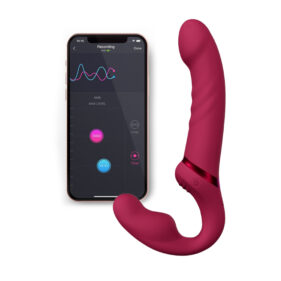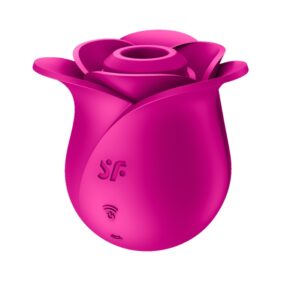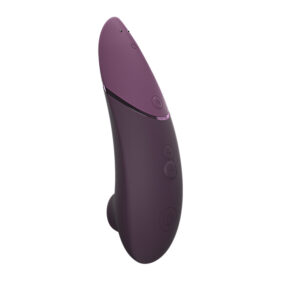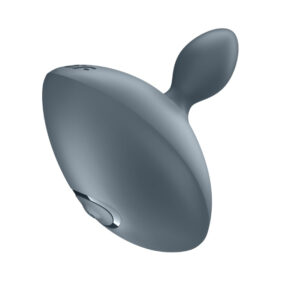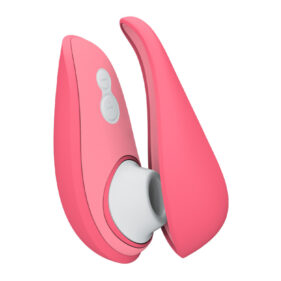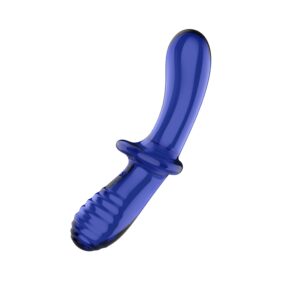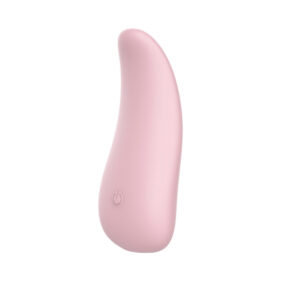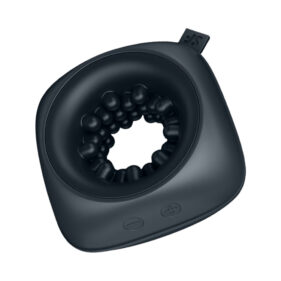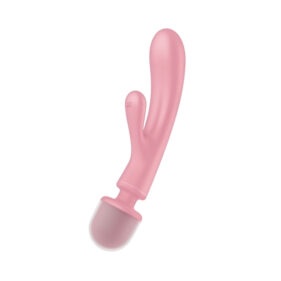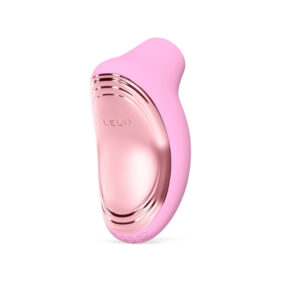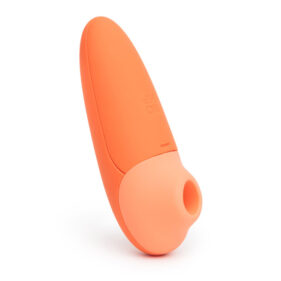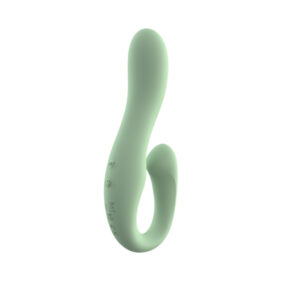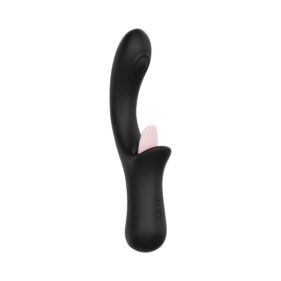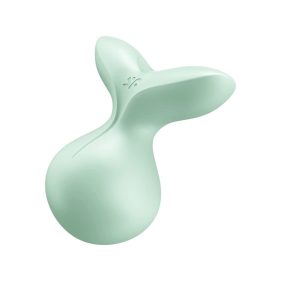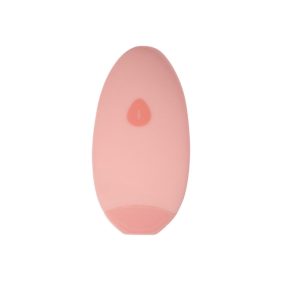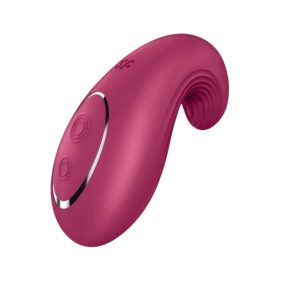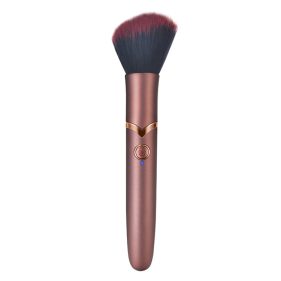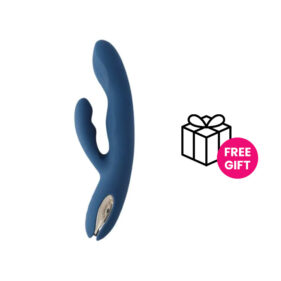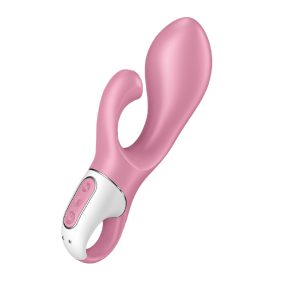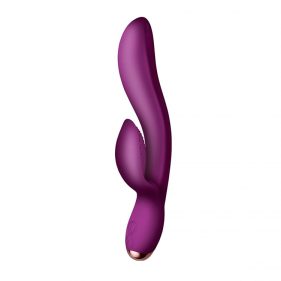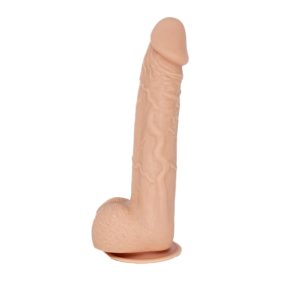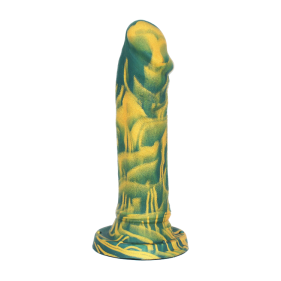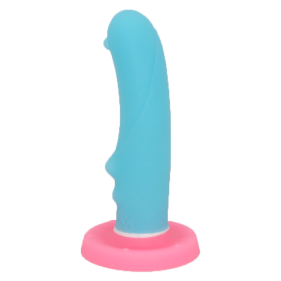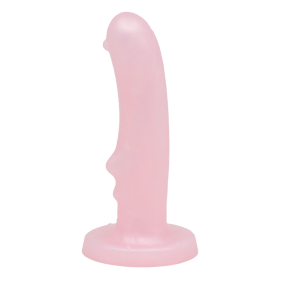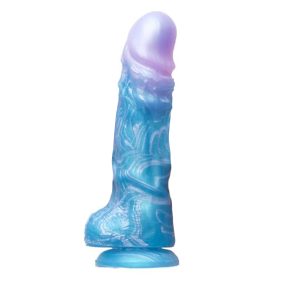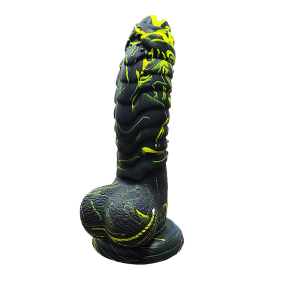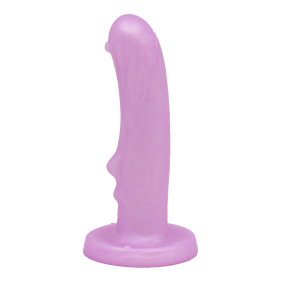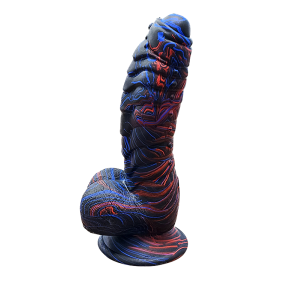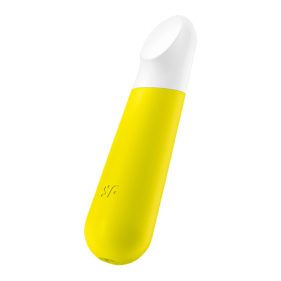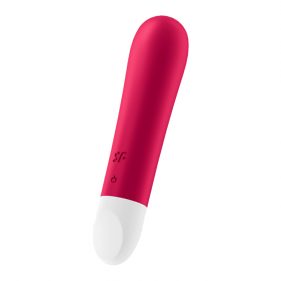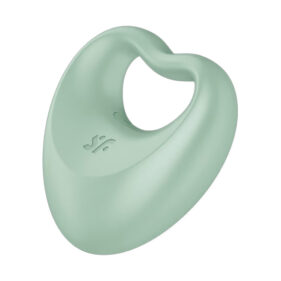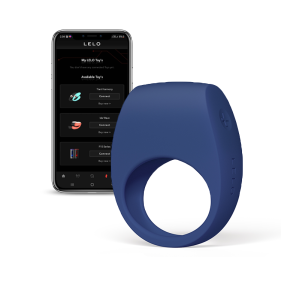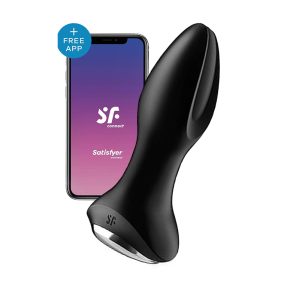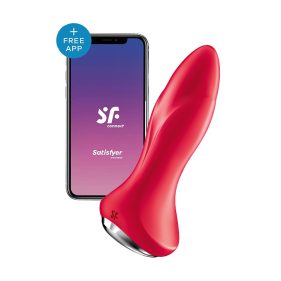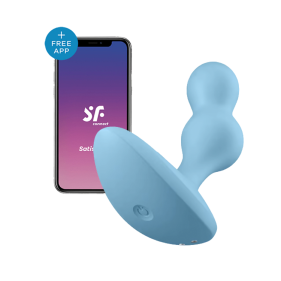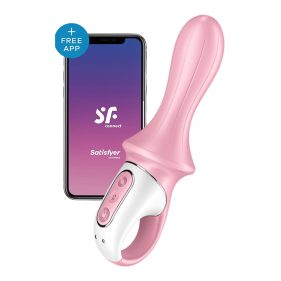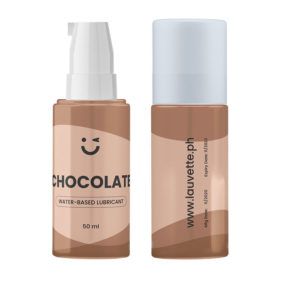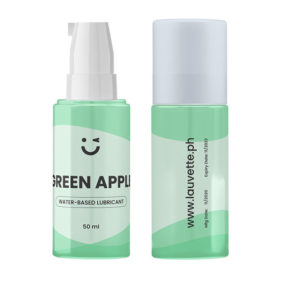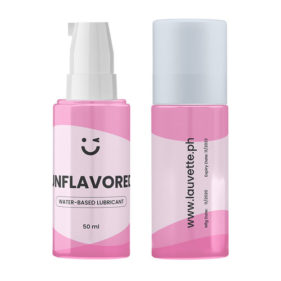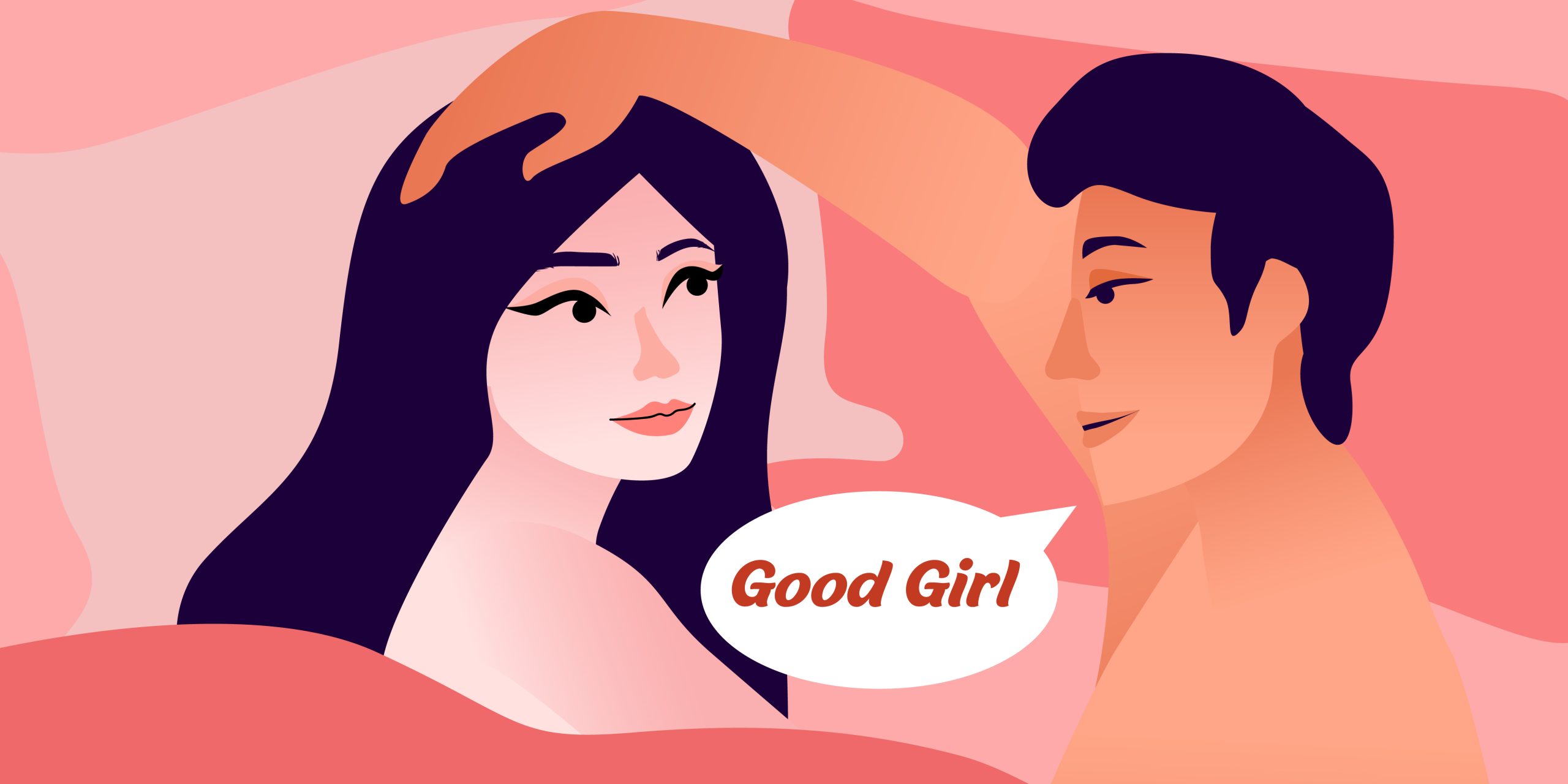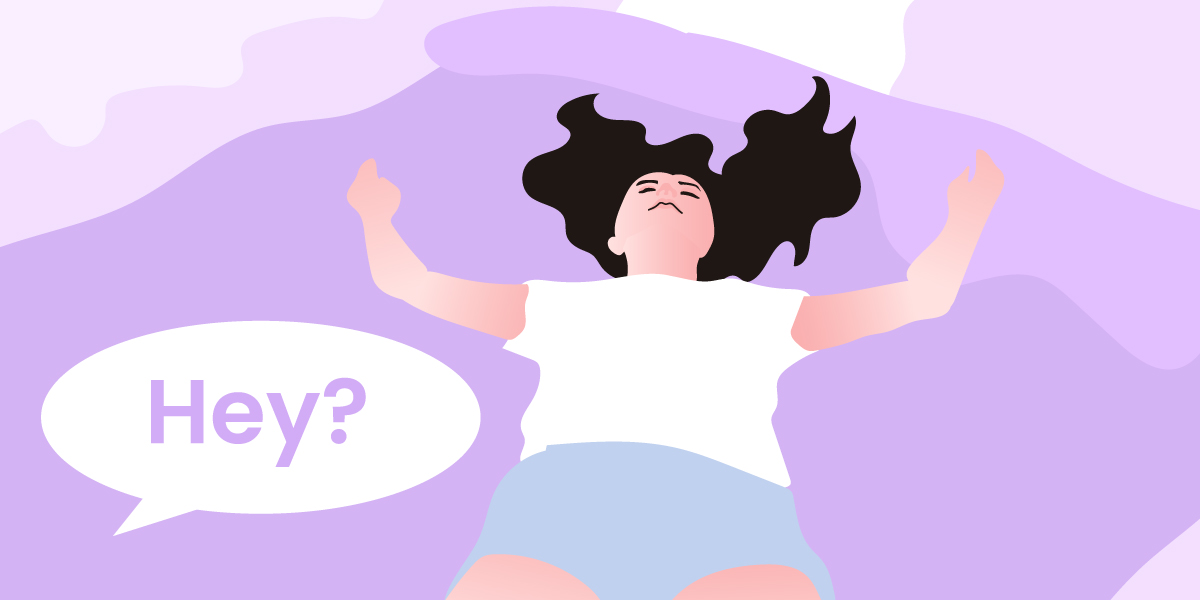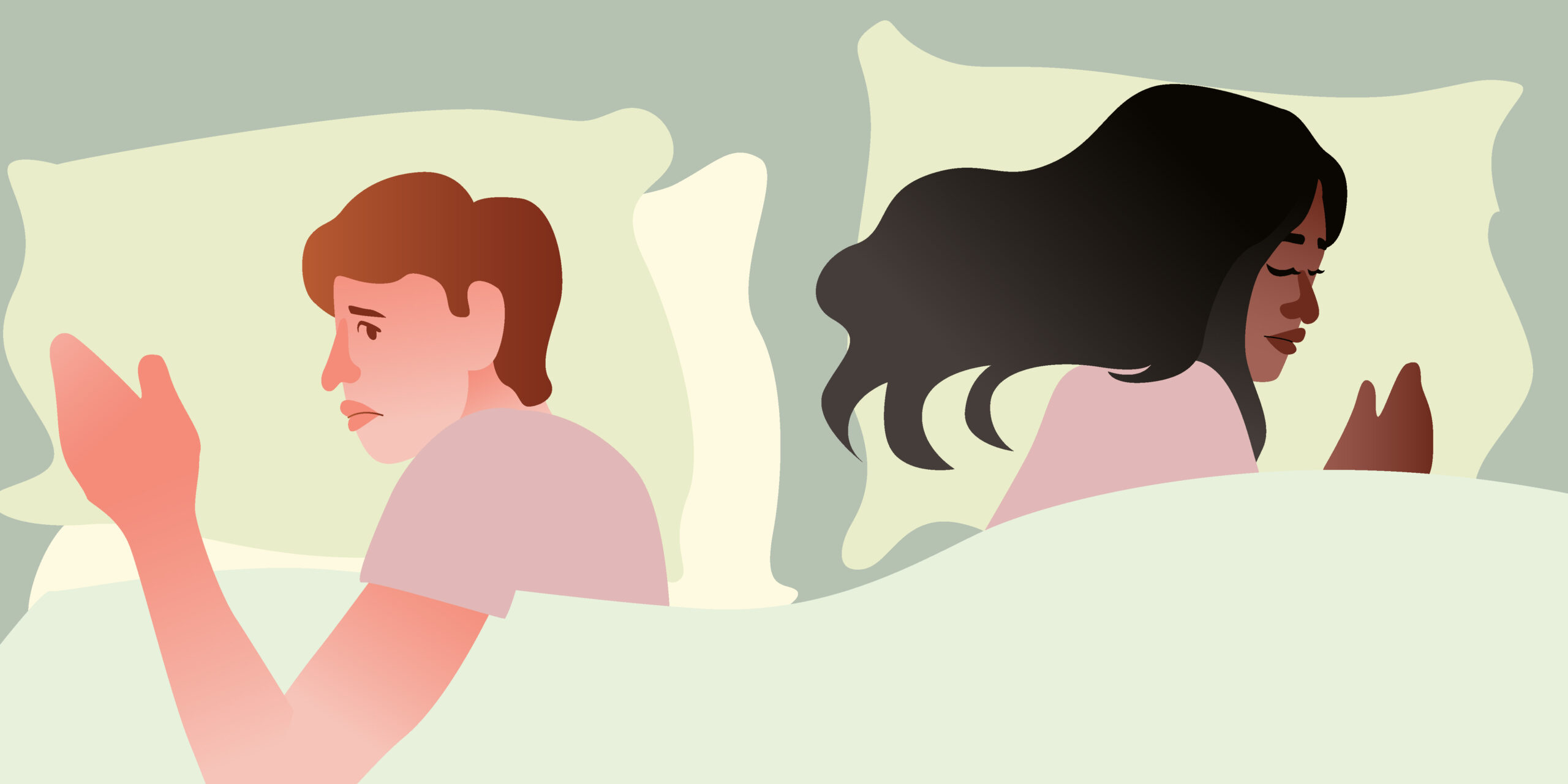
Disclaimer: This guide about Hypoactive Sexual Desire Disorder is meant to be a source of valuable information for the reader. However, it is not a substitute for direct expert assistance. Seek help from a medical professional if you’re looking for personalized advice.
Libido fluctuates over time. It’s normal even as we go through different phases of life. But what if it decreases or even vanishes, much to your worries and stress? Then there may just be a possibility that you have Hypoactive Sexual Desire Disorder.
Yes, this condition sounds intimidating and frightening. Anything that can negatively and even massively affect your sexual desire, a natural part of being a human, can take away a huge part of your personal identity. However, the more you know about it, the better your understanding of it will be and the less fear you’ll have.
In this guide, we’ll provide you with a concrete deep dive into hypoactive sexual desire disorder. We’ll also explain what it is, its types, causes, and symptoms and list various ways to treat it.
What is Hypoactive Sexual Desire Disorder?
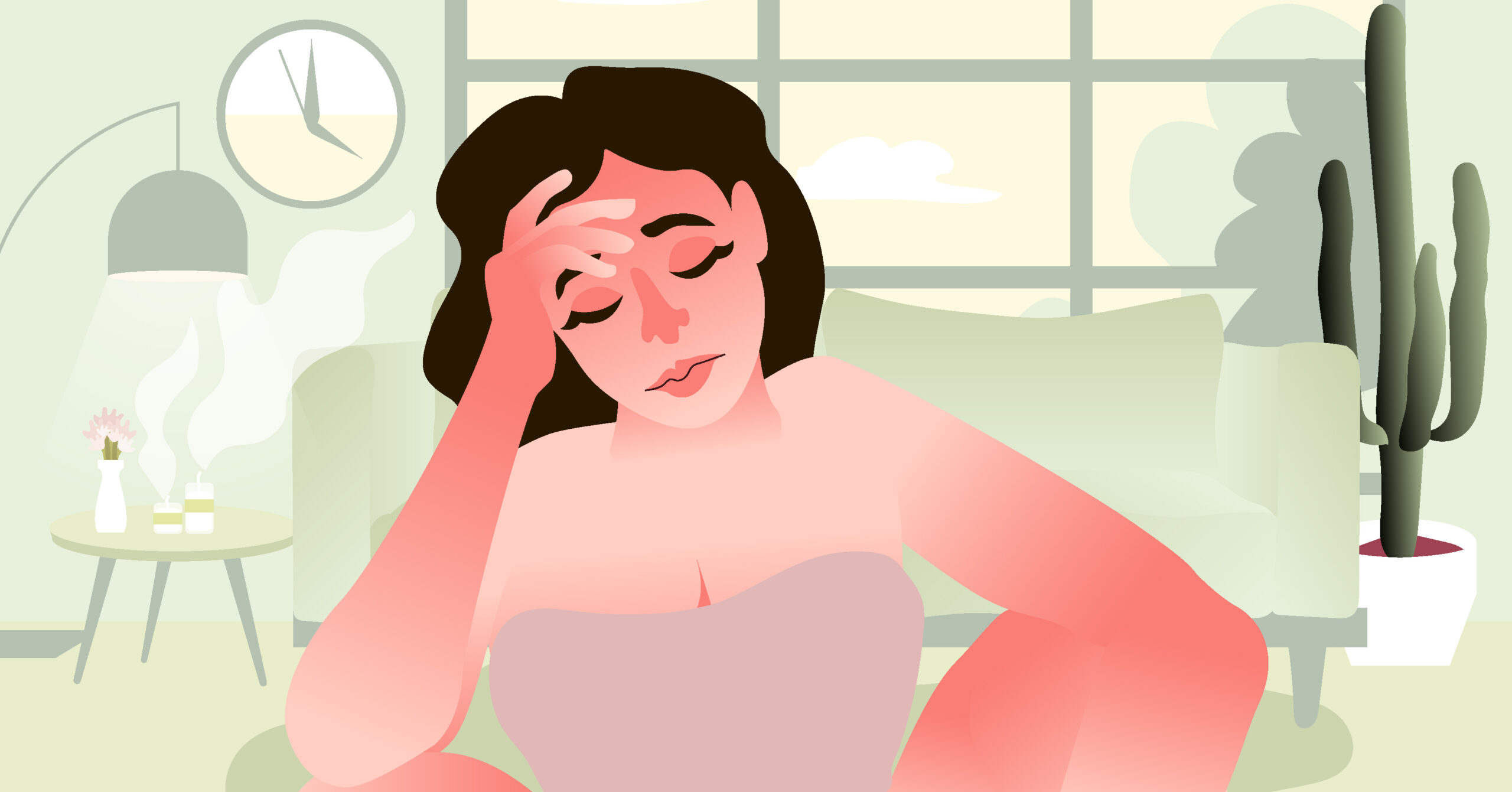
Medical News Today defines Hypoactive Sexual Desire Disorder or HSDD as “a condition in which people lack sexual desire or have a low libido, and it causes them distress”.
University of Colorado OB-GYN also adds that this condition is a “type of mental and physical sexual dysfunction” where there’s a lack of motivation to engage in sex for a long period. And by a long period, they narrow it down to at least 6 months. Within that period, the distress and other disorder symptoms start to manifest.
This condition is actually common. Moreover, this survey shows how 26.7% of premenopausal women and 52.4% of menopausal women out of 2207 women. As for men, there have been studies that show that 15% of them are affected by this condition.
Aside from just low libido, there may be people with this condition who don’t have libido at all. Due to these possibilities, this condition may lead to conflict in their relationships, specifically in the sex department. Another way to view this condition is that you have no interest or intrigue for sex and anything under its umbrella, and it concerns you.
WebMD cites that another name for this disorder is desire disorder due to the persistent lack of sexual desire and activity.
-
₱12,645.00
-
₱2,975.00
-
₱8,660.00
-
₱2,695.00
Types of Hypoactive Sexual Desire Disorder
The Sexual Medicine Society of North America (SMSNA) classified this disorder into the following types:
1 Lifelong
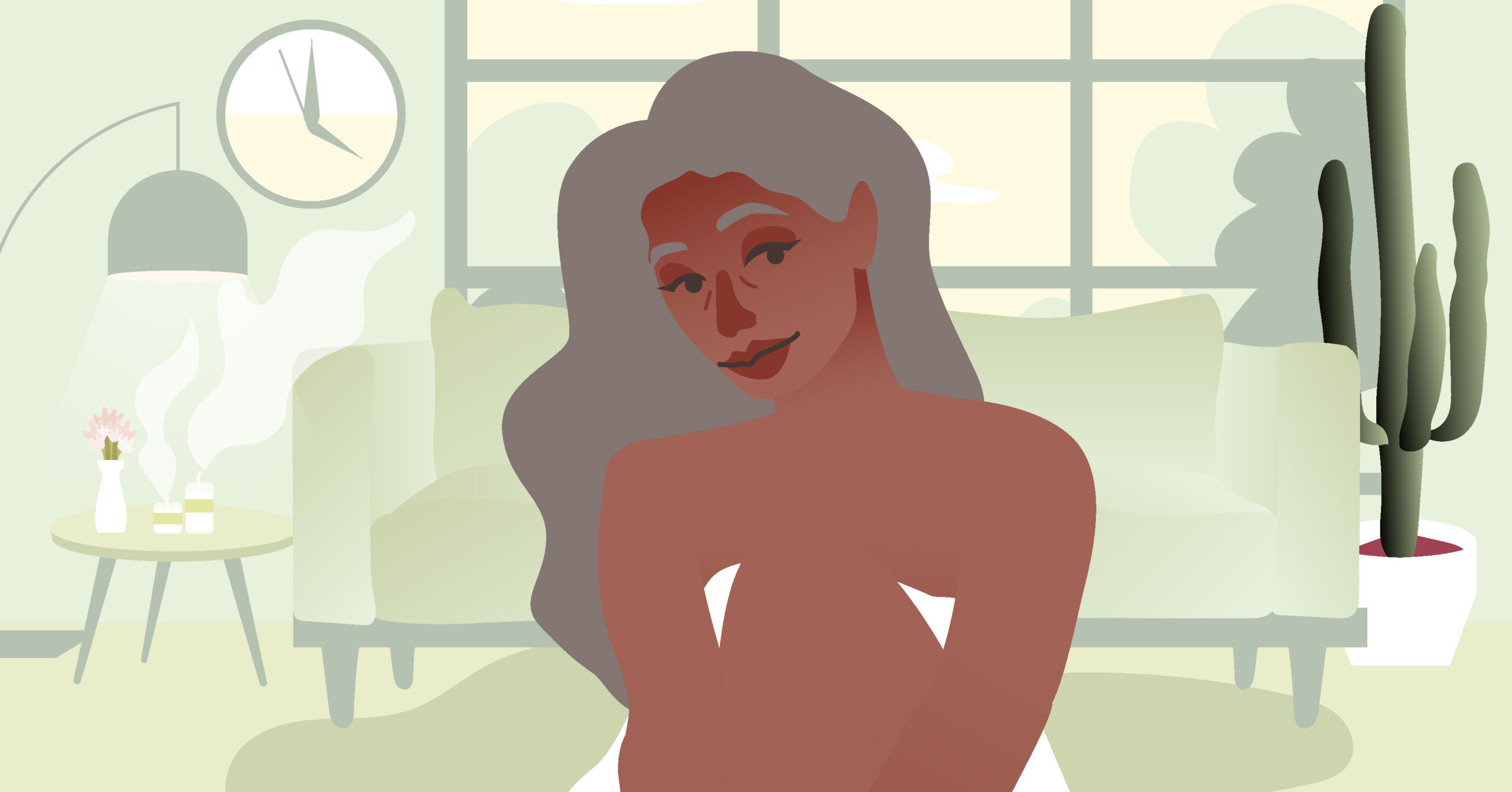
This type of HSDD has no starting point, wherein you simply have little to no sexual desire or interest to engage in sex. With a partner or by yourself, there’s no action.
2 Acquired
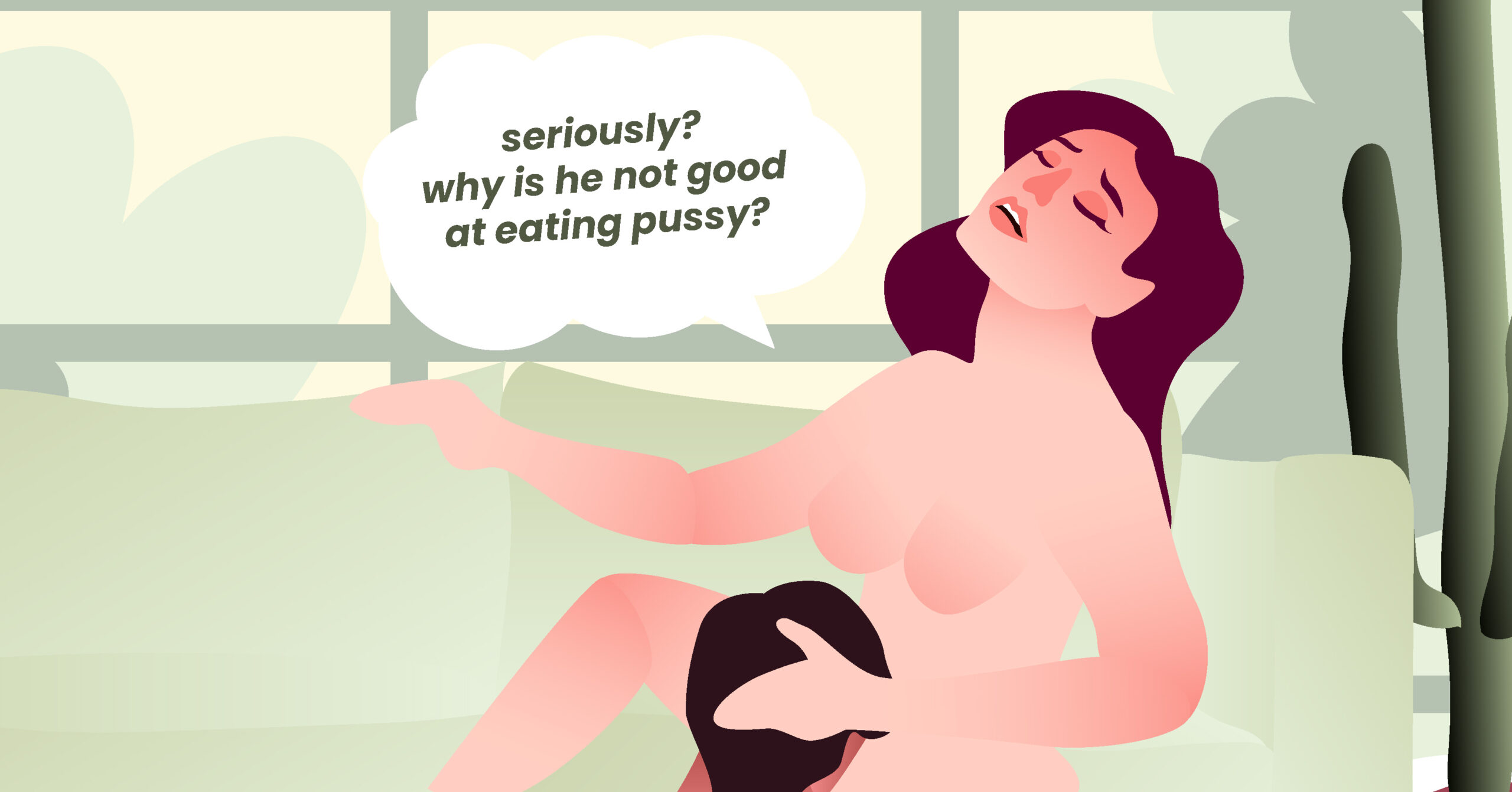
With this type, you’ve engaged in sexual acts in the past and it’s been okay. However, over time or suddenly, there’s a decline or trigger that causes you to lose interest in doing such with a partner or by yourself.
-
₱12,600.00
-
₱2,695.00
-
₱5,700.00
-
₱2,695.00
3 Situational
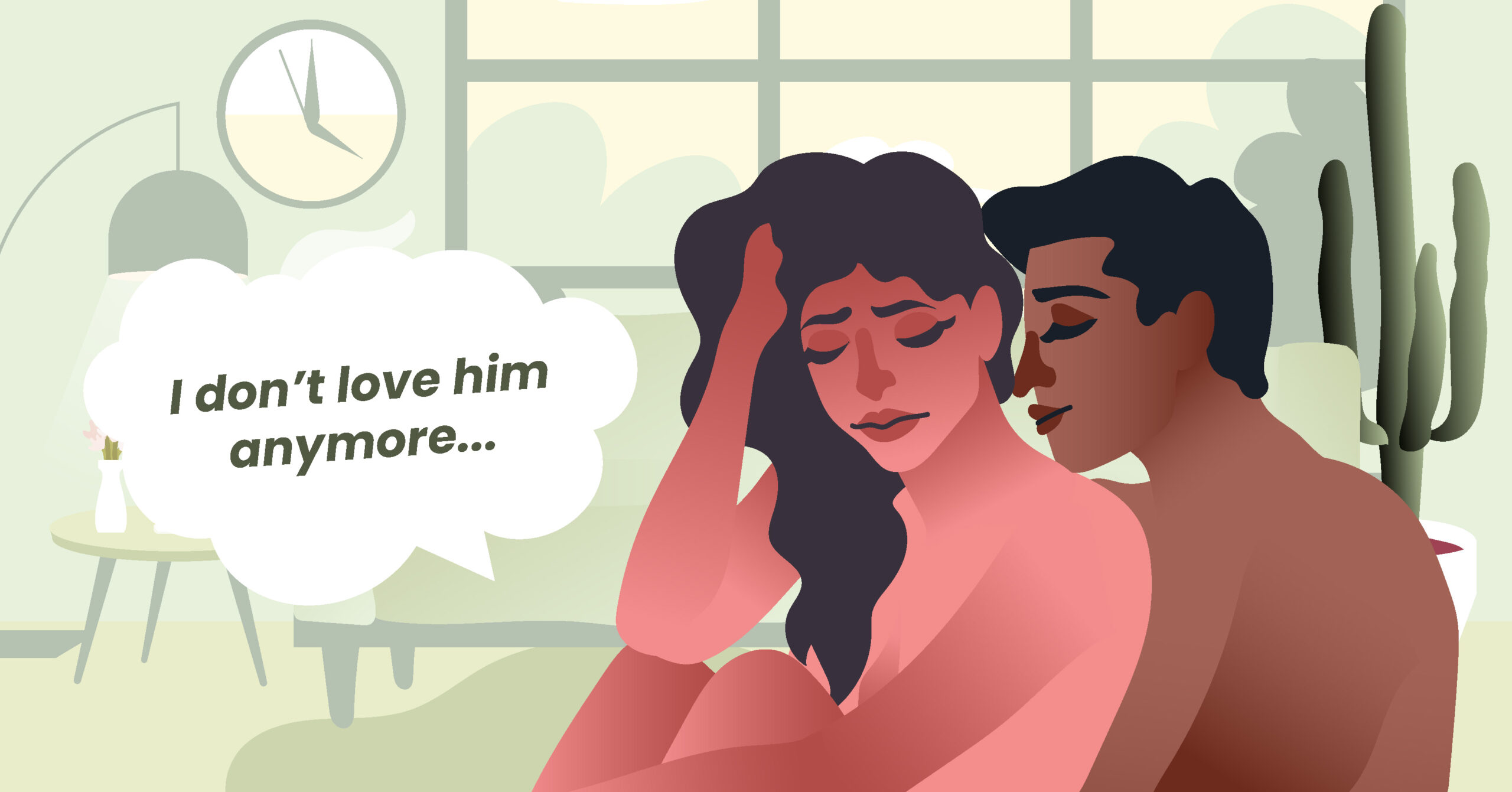
This is a unique type of HSDD wherein one can lose their sexual desire to have sex with their partner. Nowadays, they’d rather do sexual deeds alone or with another person.
4 Generalized
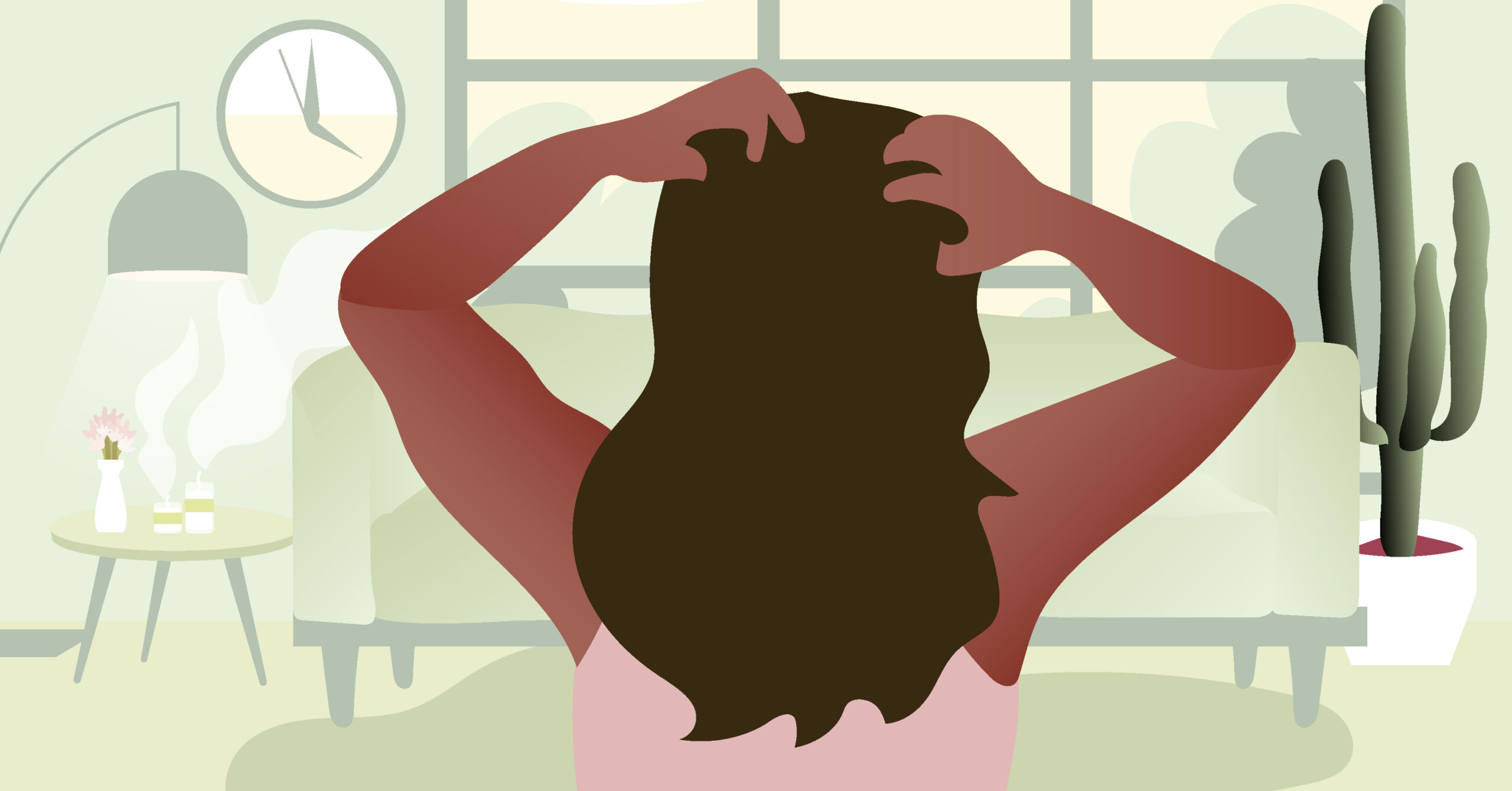
For this type of HSDD, the person has no sexual desire at all when they get into any sexual situation. It’s aligned with lifelong HSDD.
-
₱1,345.00
-
₱3,395.00
-
₱5,395.00
-
₱5,600.00
Common Causes of Hypoactive Sexual Desire Disorder
Let’s get a better idea behind the possible roots of Hypoactive Sexual Desire Disorder through this informative section.
1 Aging
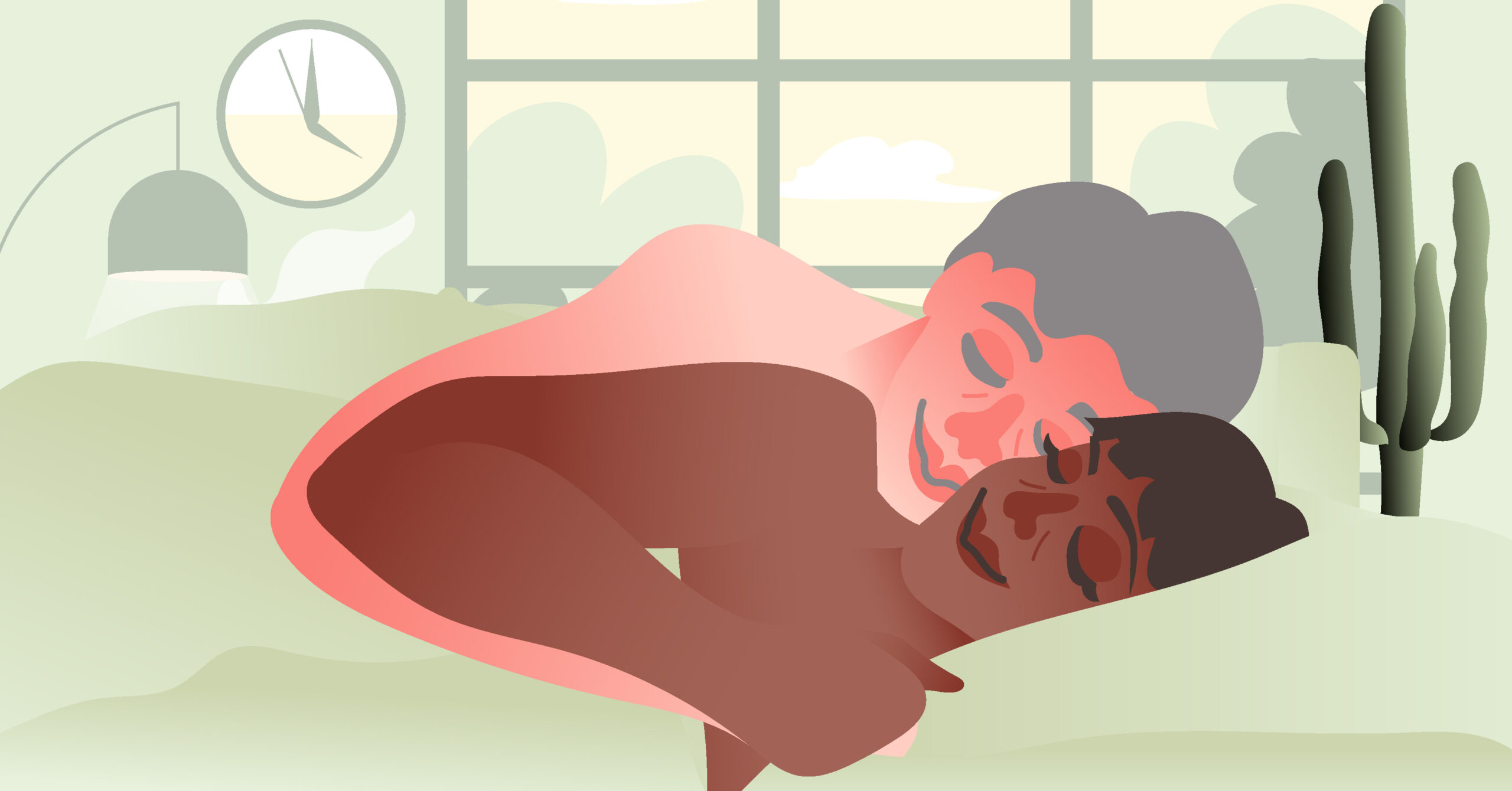
The older you get, the lower your sex hormone levels become. Those sex hormones, such as estrogen and testosterone, are responsible for igniting your sexual desire growing up. With such a decrease, you may not find interest in having sex again.
2 Sexual Trauma
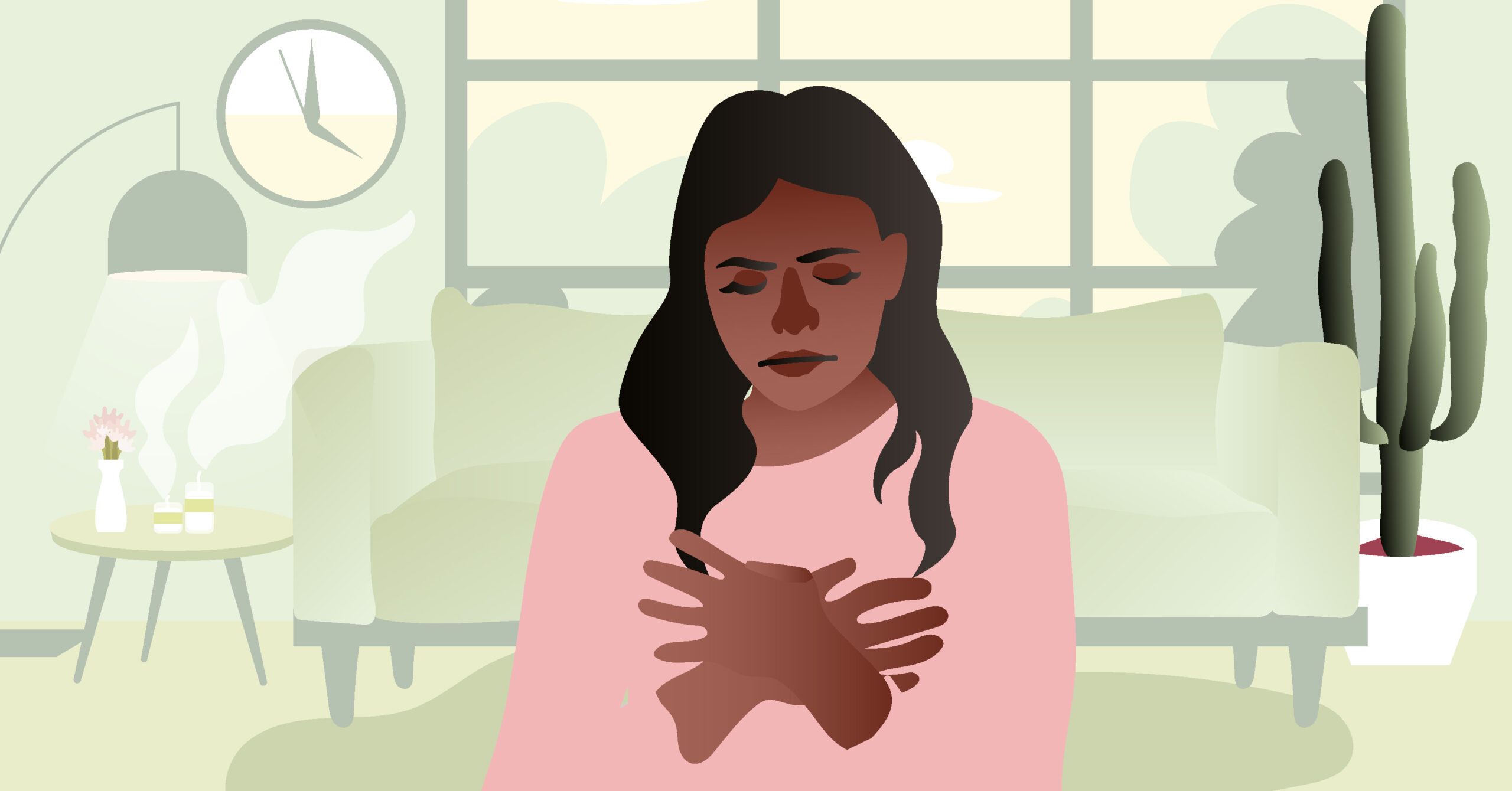
Negative experiences with sex can lead to sexual trauma if it falls to a severe degree, from rape, harassment, abuse, and assault. Because of this, one would choose to stop having sex overall to avoid the negative memories from disturbing them. Another result would be losing their existent sexual interest, from fantasies, solo play, etc., because they don’t view the deed as something enjoyable anymore.
-
₱1,800.00
-
₱3,400.00
-
₱1,995.00
-
₱2,445.00
3 Underlying Physical Conditions
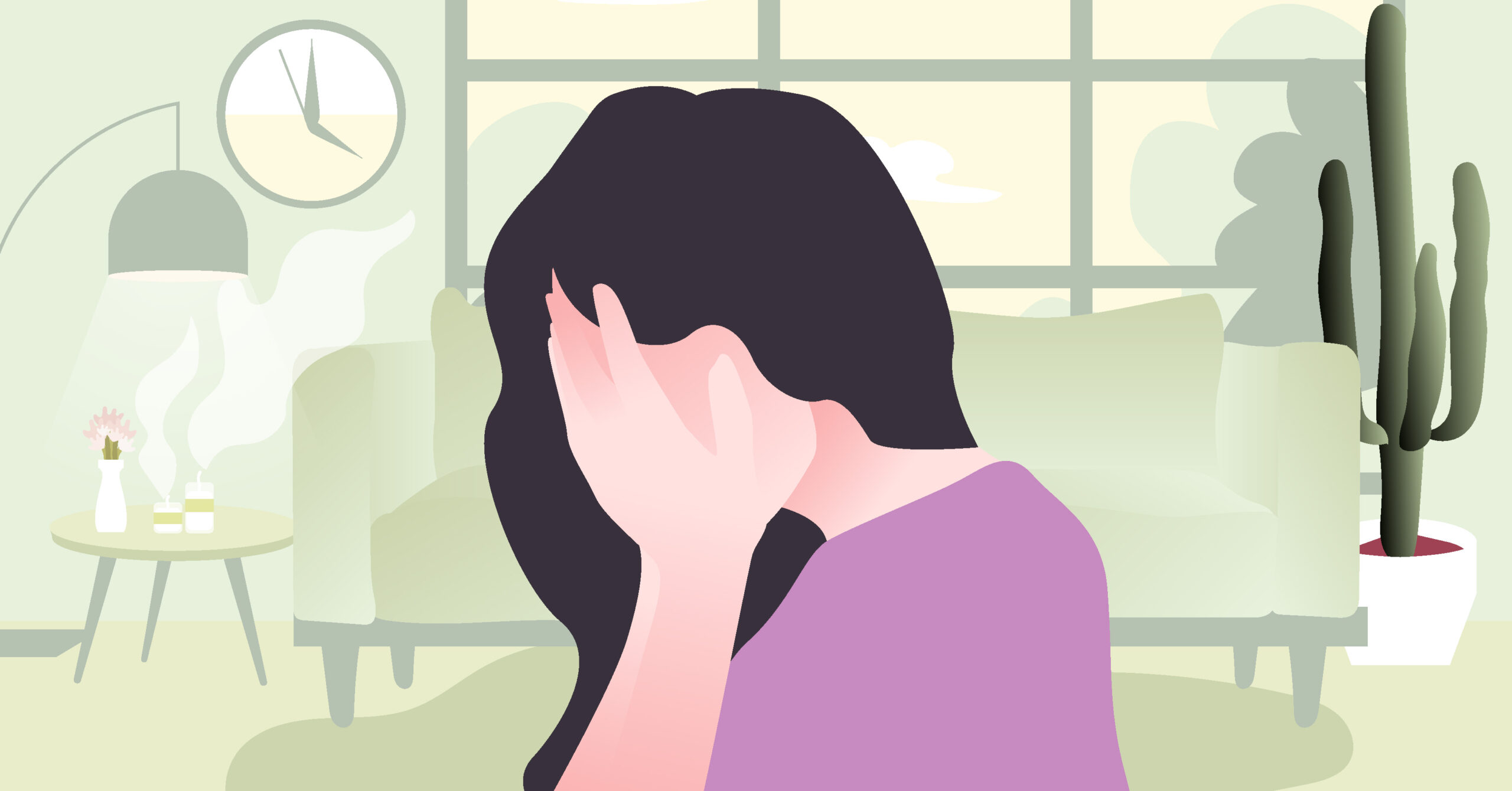
Being diagnosed prior to a physical condition can be an overall hindrance, especially when it comes to your sex life. Because your body isn’t aligned with your sexual interests, you’ll eventually lose the motivation for it.
Some physical conditions that can affect your sexual interest or possibly contribute to Hypoactive Sexual Desire Disorder include:
- Diabetes
- Cancer
- HIV
- Inflammatory Bowel Disease (IBD)
- Kidney Failure
- Stroke
4 Relationship Issues
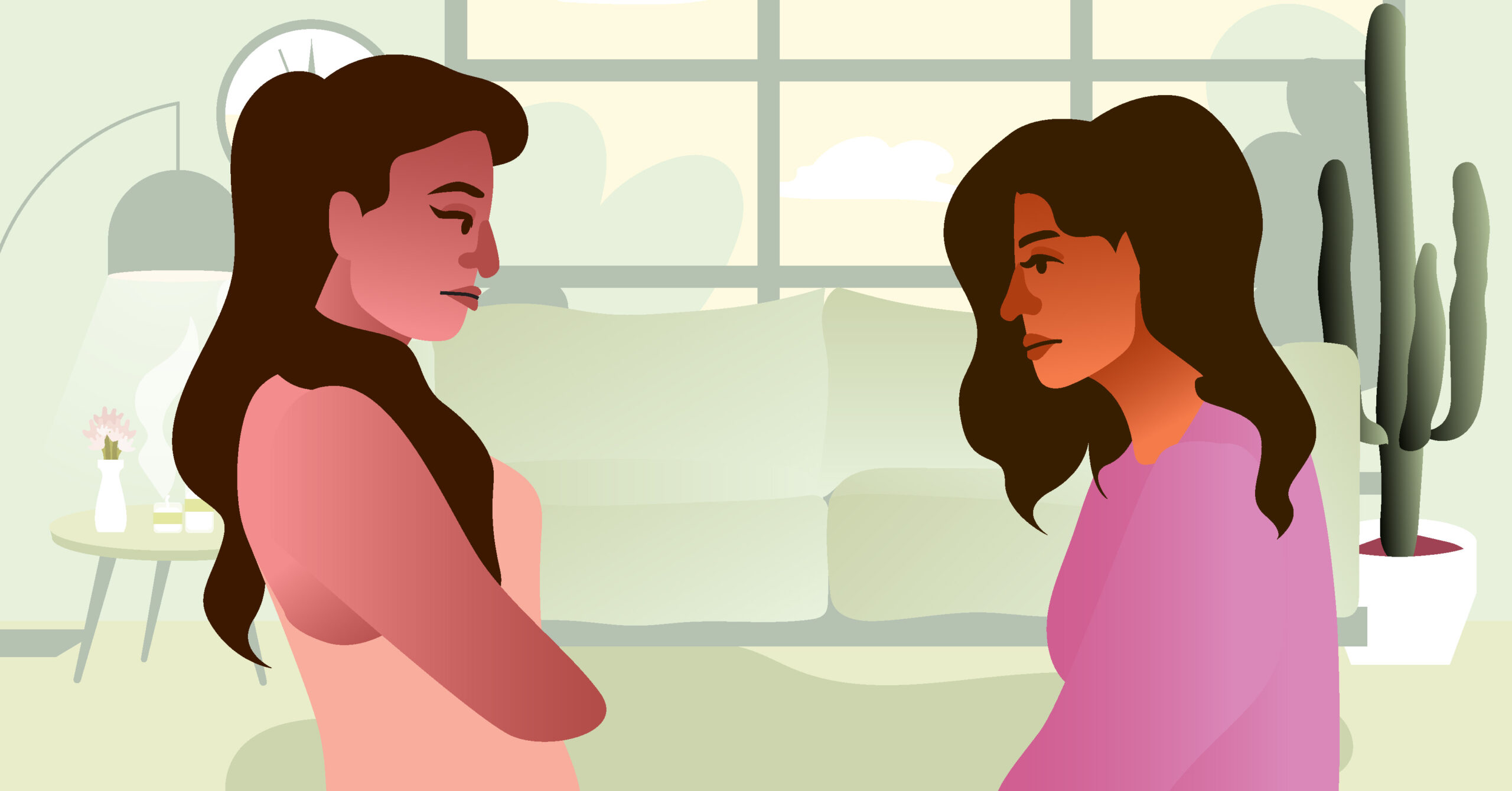
Experiencing conflict in your relationships is common, even if it’s really bad. It’s a way to learn more about each other and grow from your mistakes. However, when the fighting persists and the trust between you starts to fade, your sexual desire for them goes down too. After all, sex requires trust, and that person doesn’t deserve that private time anymore. The longer it continues and goes unsolved, it may just result in situational Hypoactive Sexual Desire Disorder.
5 Exhaustion
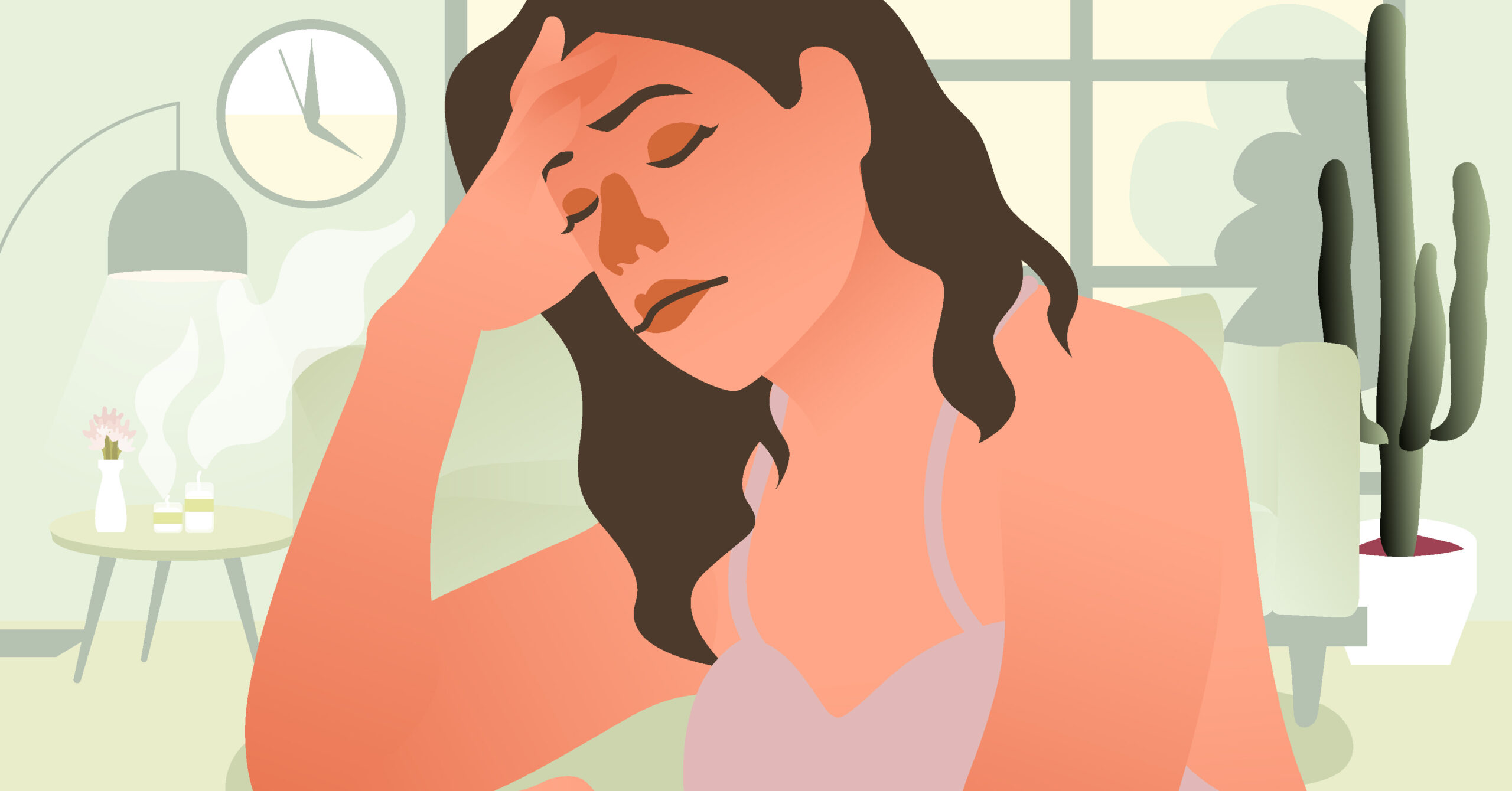
When you’re exhausted from work or life as a whole, you don’t want to do anything. Under exhaustion is burnout, which can also result in losing interest in things that bring you joy because it may feel like too much work. It’s possible that one of those interests you’ve lost is sex, and the more prolonged it becomes, Hypoactive Sexual Desire Disorder may occur.
6 Negative Views on Sex
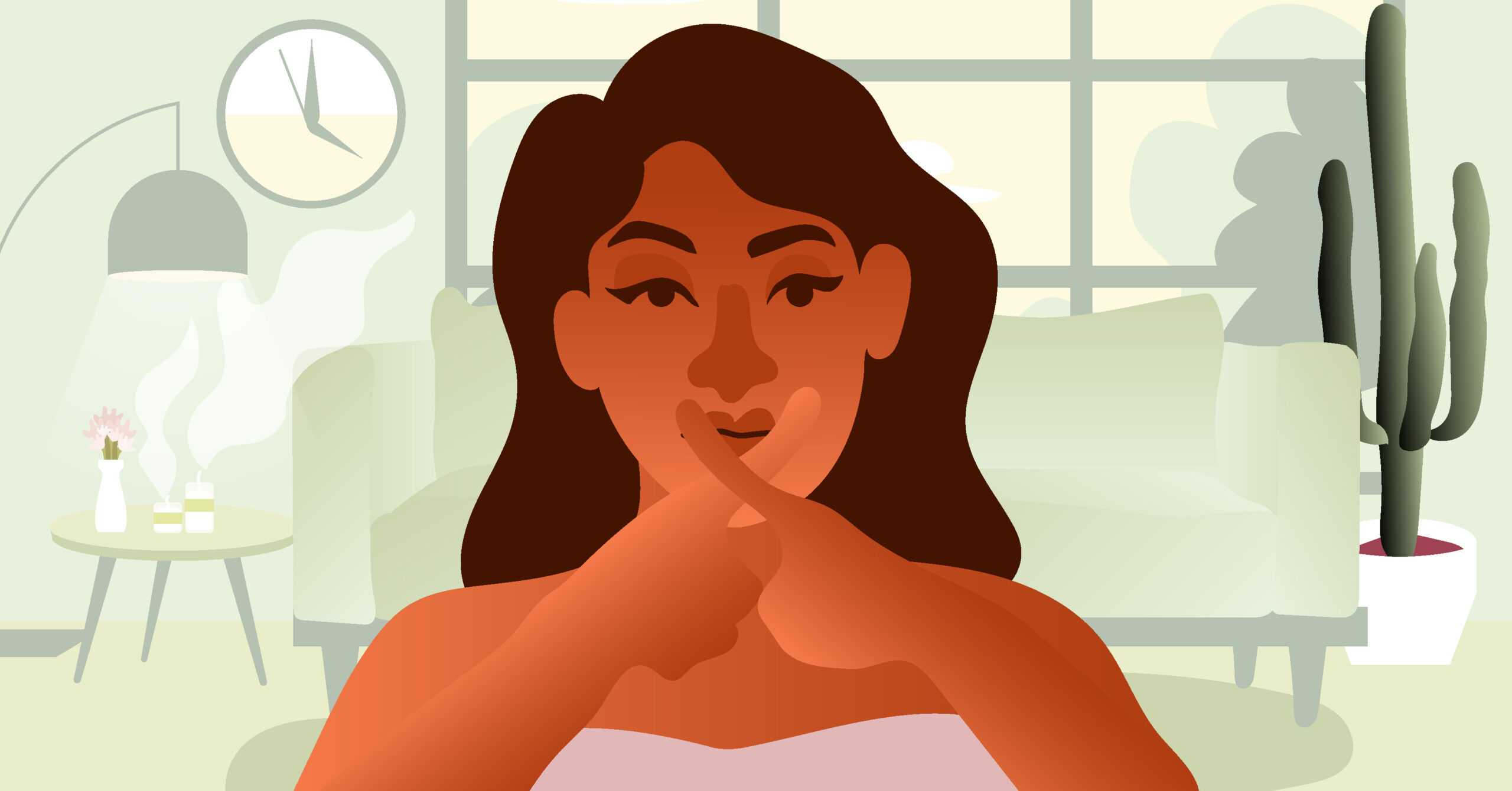
Having such views on sex can stem from your upbringing, the type of content you’ve consumed, or having negative sexual experiences (not necessarily having trauma from it).
In terms of upbringing, perhaps you grew up in a conservative family who prefer saving sex after marriage or anything under the umbrella. There’s shame in doing it for fun and unmarried rather than what’s expected. As for content, you may watched a raunchy, over-the-top sex scene that just didn’t give you a good impression. Then with having negative experiences, you’ve had sex with people who didn’t know what they were doing or were more focused on themselves rather than making sex an equal affair.
There are many other ways to gain negative views on sex aside from the reasons above. But what they share in common is that they lead us to have less to no sexual desire because we don’t think it’s worth it.
7 Menopause
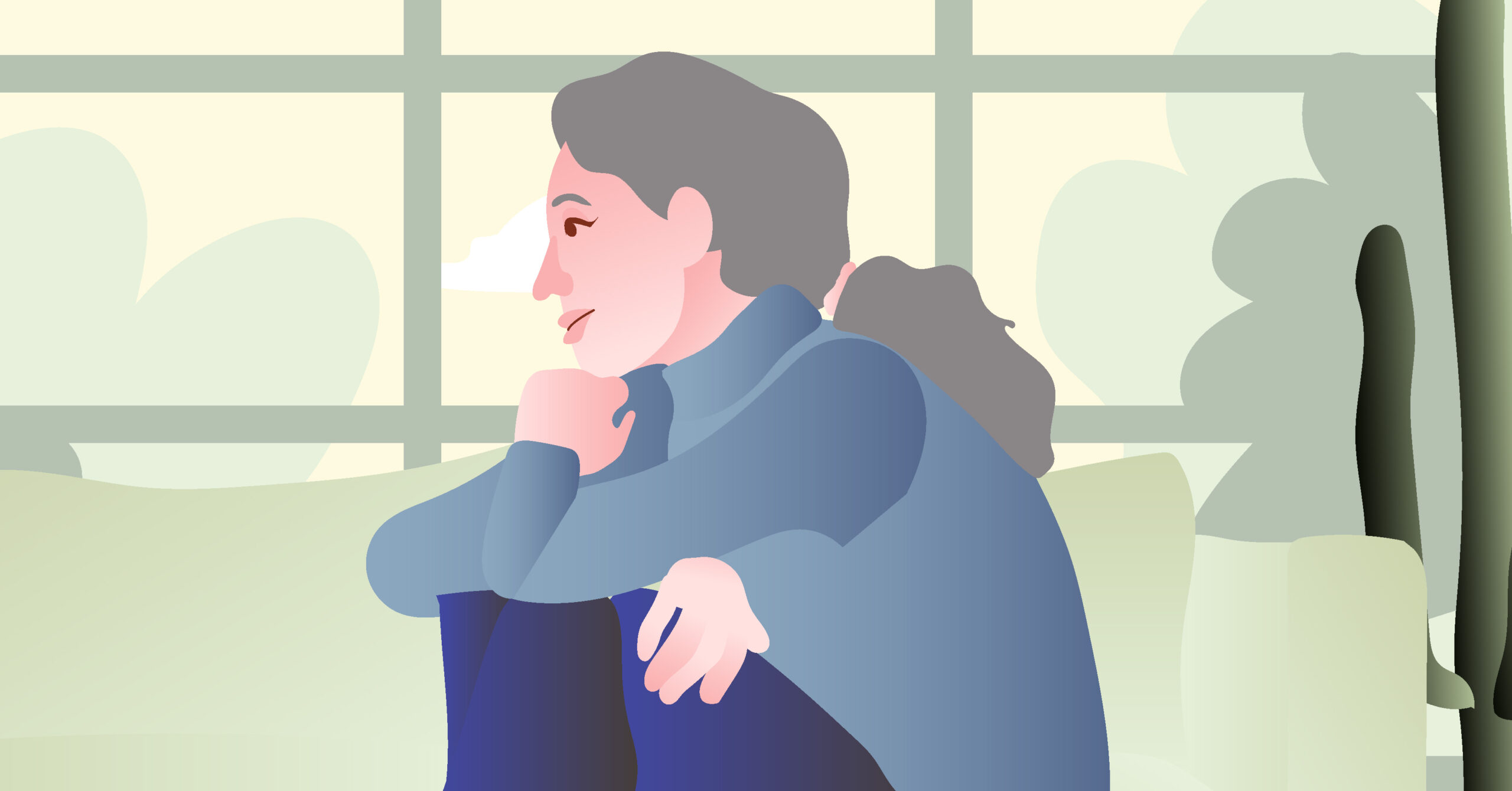
This phase of a vulva owner’s life results in hormonal imbalance, wherein there’s less estrogen and progesterone produced. As for the former, it’s a sex-related hormone, so lower levels such can lessen your sex drive. Alongside that, there are effects of menopause that take a toll such as hot flashes, irritability, and even pain during sex. As a result, they’d either avoid it or feel stressed out that sex just isn’t feeling the same for them.
8 Body Image Issues
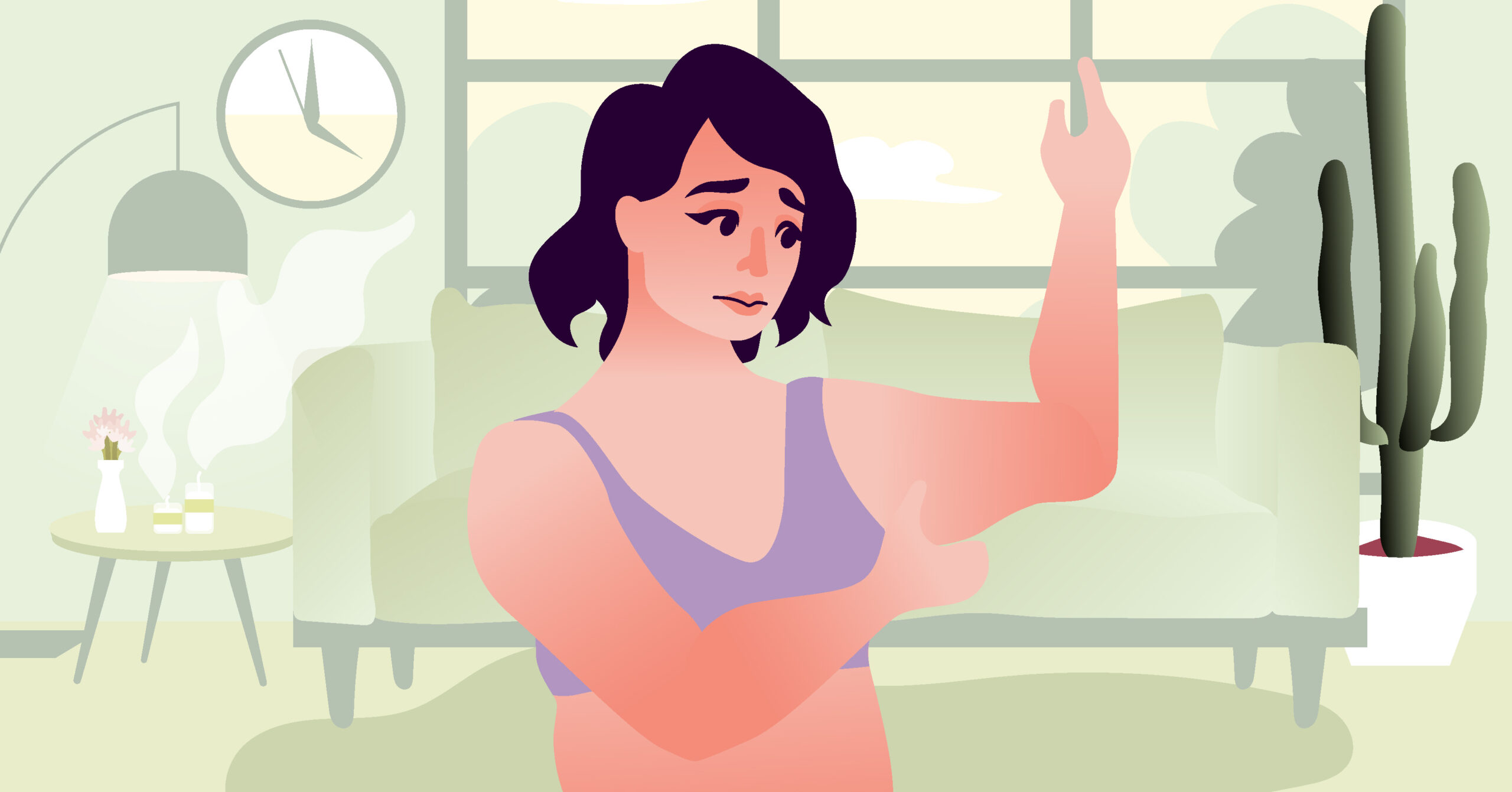
Sex involves your body, wherein a lot of us may not be comfortable in our own skin. Let alone showcase it to another person. As a result, having poor body image plummets our confidence, self-esteem, and sexual desire. We’d feel shut down when we engage in the deed, not fully immersing in it and enjoying it. Loss of enjoyment may worsen and become Hypoactive Sexual Desire Disorder.
9 Pregnancy and Postpartum Life
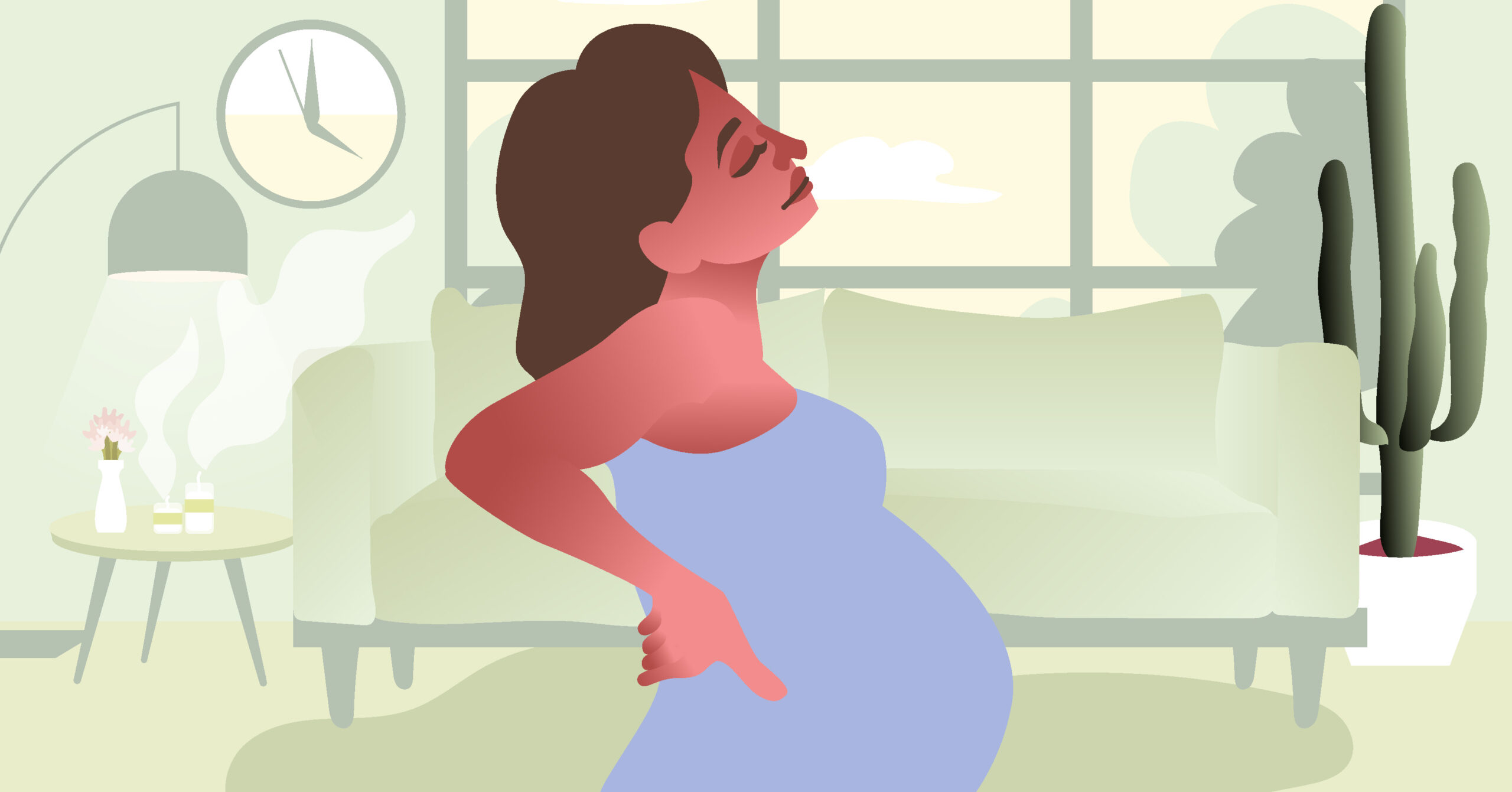
Pregnancy puts your hormones all over the place. There are times you can do the deed, but others have lost interest in it. That libido can flow right in and then deplete. After all, pregnancy comes with a lot of physical changes that feel strenuous and tiring to live with day by day.
Then with postpartum life, you’re more focused on caring for the baby while dealing with another set of hormonal changes. That’s why in many situations, mothers deal with postpartum depression. Such changes and this kind of depression can be distressing, especially when they want to be sexual again.
10 Psychological Issues
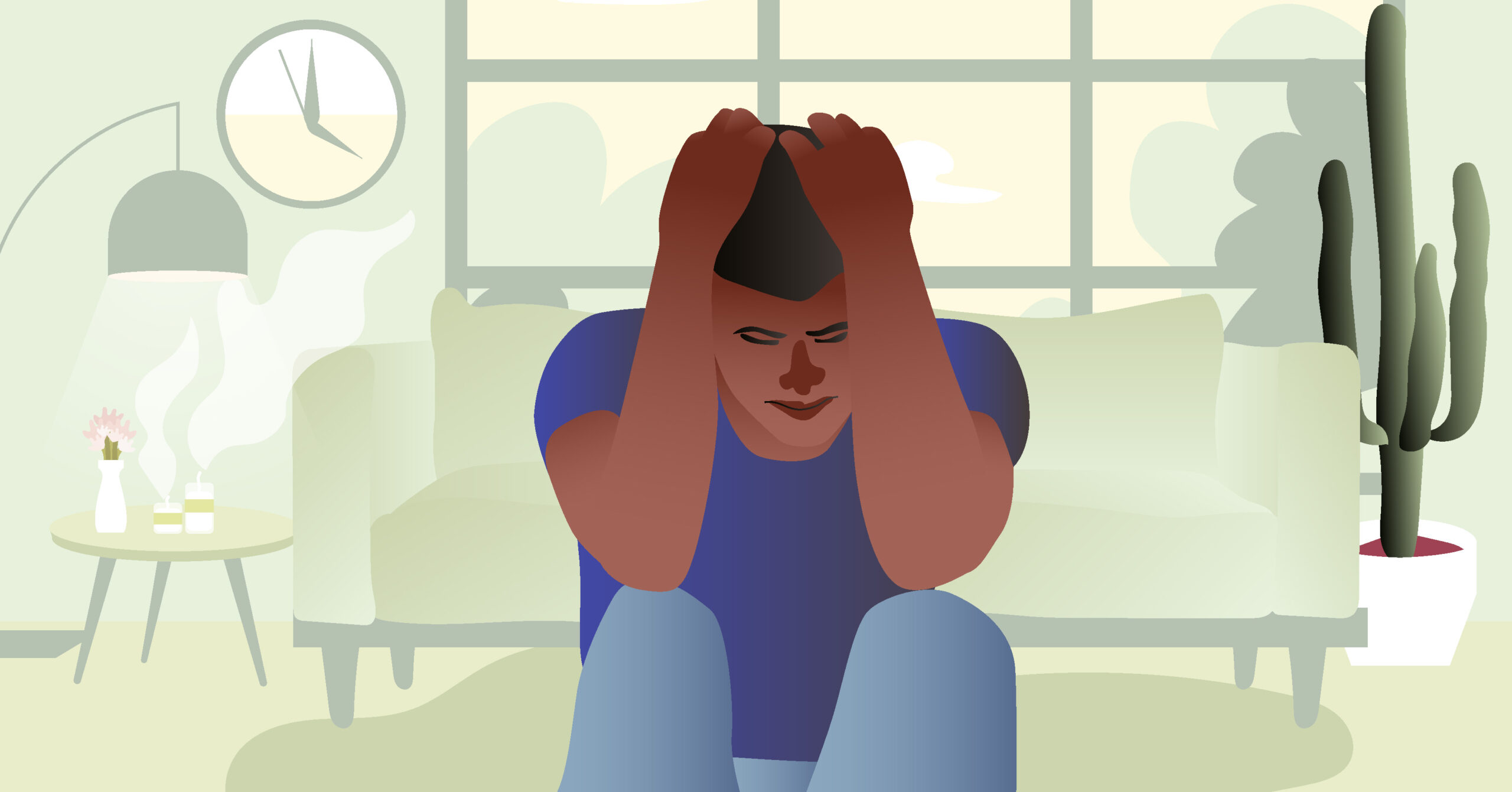
Anything that affects your mental state can impact your sexual desire. From stress, anxiety, and depression, acting on your sexual desire wouldn’t be a priority because you just have so much on your plate.
-
₱4,045.00
-
₱3,495.00
-
₱2,695.00
Symptoms of Hypoactive Sexual Desire Disorder
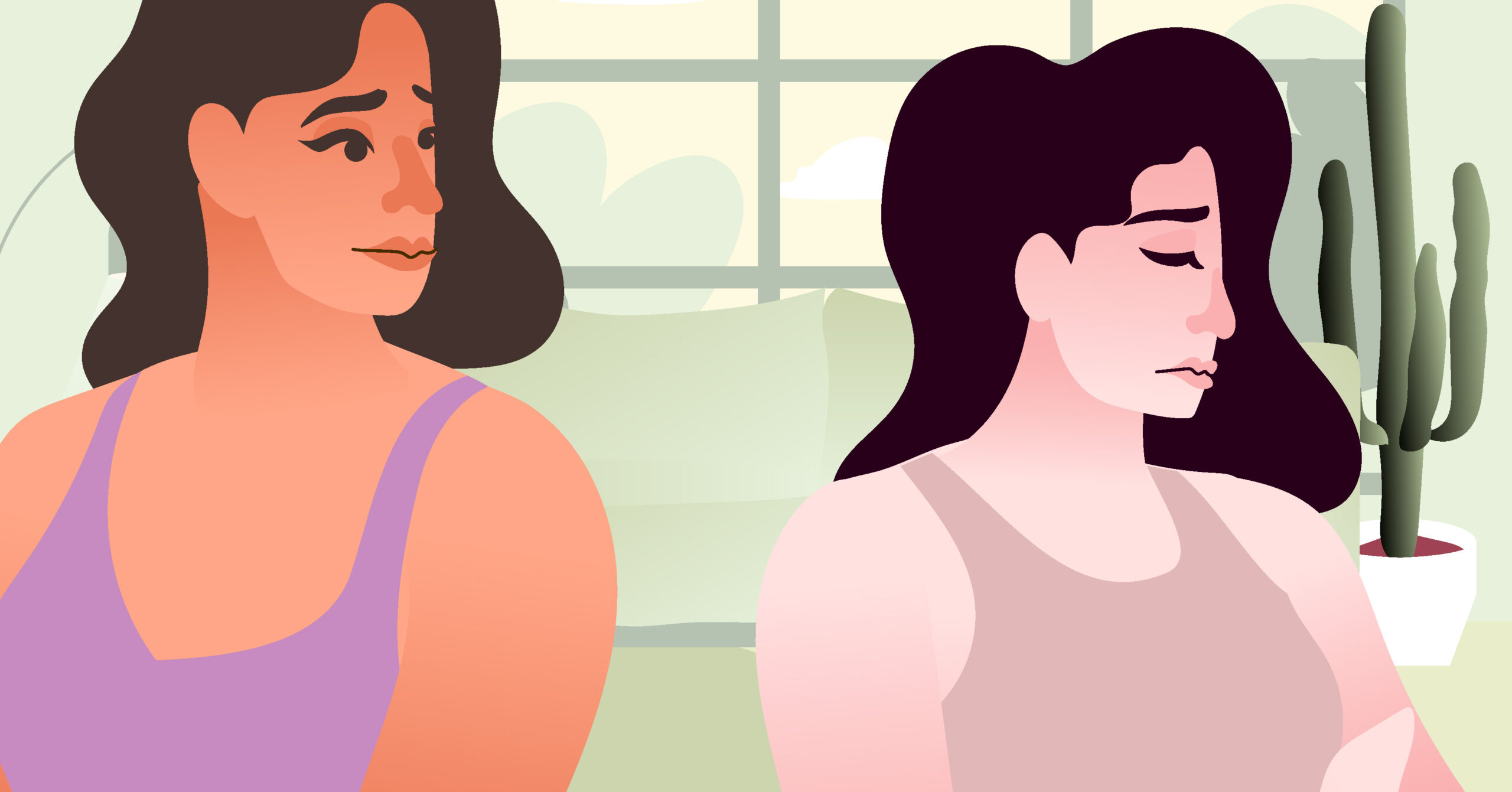
Keep a close eye on the possible ways wherein HSDD can manifest within someone through this section.
- Little to zero sexual desire (solo or partner)
- A decrease in your current sexual drive vs. the past
- Doesn’t visualize sexual fantasies or imaginations
- Doesn’t want to talk about sex
- Doesn’t respond to sexual cues
- Little to zero arousal all over your body
- Being sexual aversive from any sort of sexual act or genital contact
- Doesn’t initiate any kind of sexual activities
- Rejects any initiation of sex
- Losing sex drive or interest mid-sex
-
₱4,599.00
-
₱4,745.00
-
₱10,600.00
-
₱4,950.00
Diagnosing Hypoactive Sexual Desire Disorder
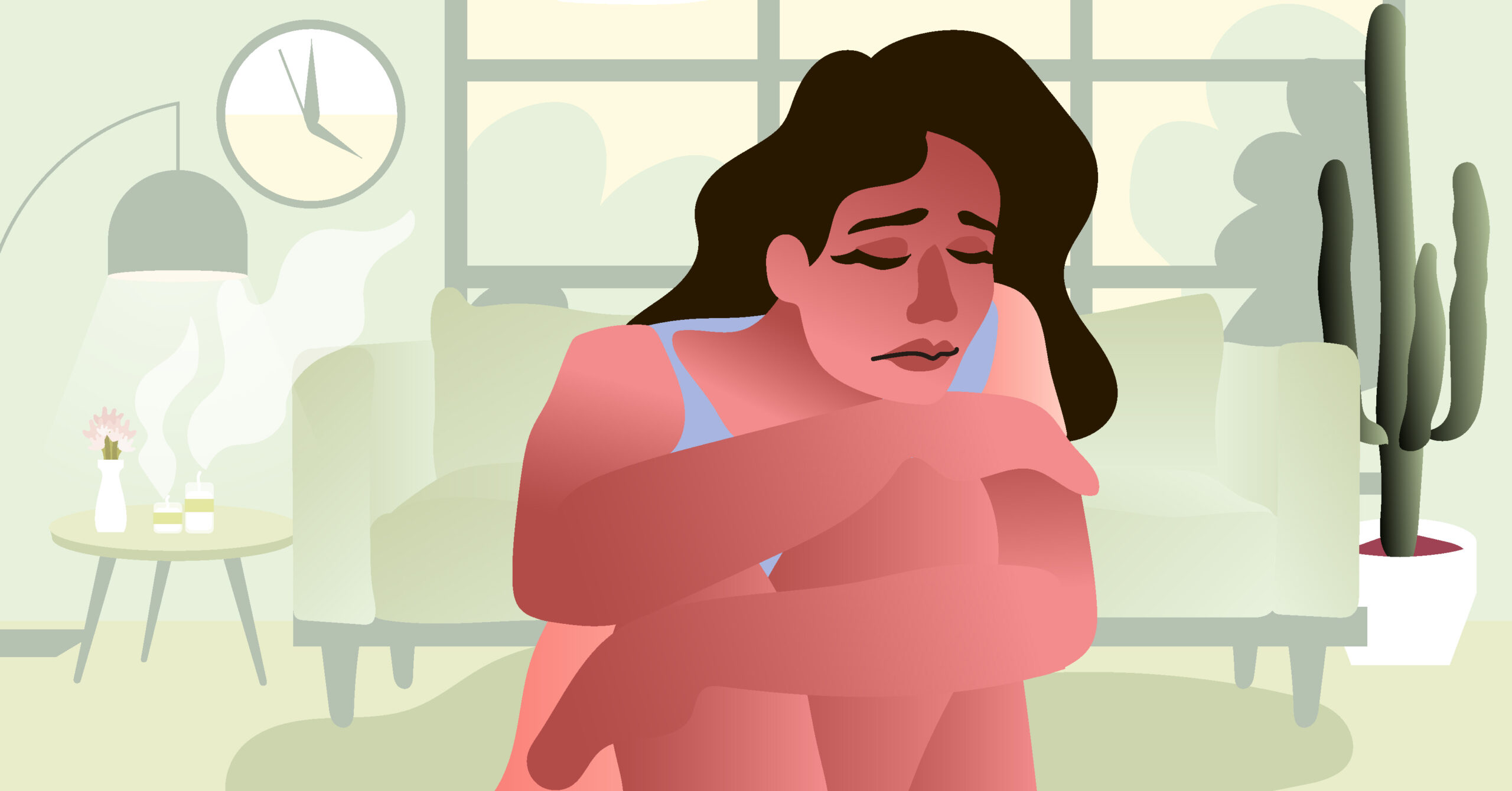
To diagnose someone with this condition, Medical News Today advises that the practicing medical professional will review the person or patient’s medical history, check symptoms, and perform a physical exam. Then, they can monitor the patient closely and note their observations.
Alongside this, they or a mental health professional will assess the patient’s mental health state through tests or one-on-one sessions. That way, they’ll have a clearer idea of the patient’s mental health history and current state.
Additionally, sexual desire or libido is a big factor that will be inspected for this condition. For one, it varies per person. So what may be viewed as normal to someone may not be the case for another person. Since there’s no test or exam that can immediately detect if someone has this condition, it’s crucial to really examine this factor on the affected person and notice if that distress causes a decline or more problems in other aspects of their life.
-
Original price was: ₱1,295.00.₱841.75Current price is: ₱841.75.
-
Original price was: ₱1,195.00.₱776.75Current price is: ₱776.75.
-
₱1,245.00
-
₱995.00
Treatments To Increase Your Libido
From lifestyle changes to medical consultations, browse through the various ways on how to bring your libido back up through this section.
1 Having regular check-ups with a sexual health professional
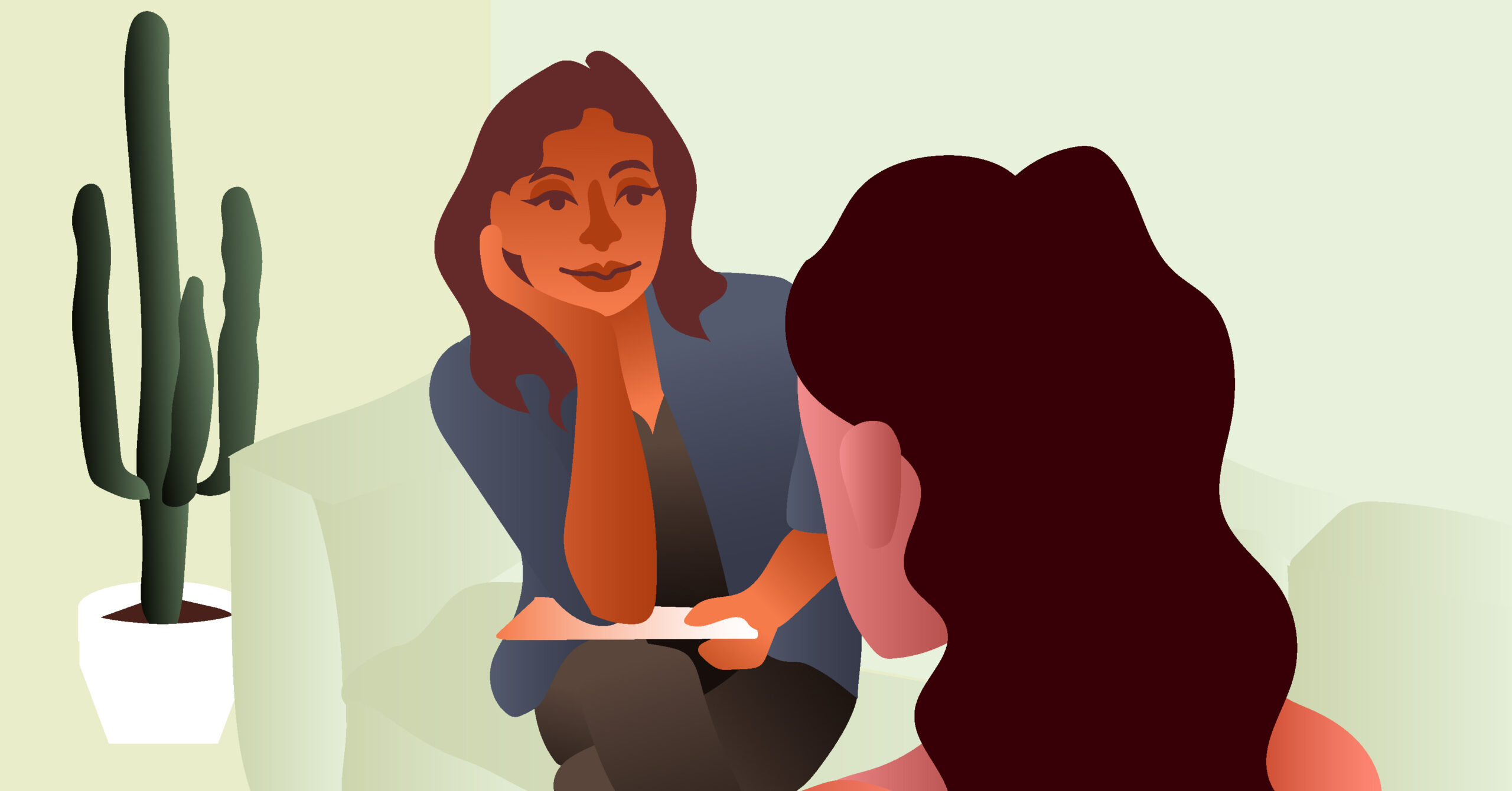
Such a professional who specializes in sexual health can help keep track of the changes in your body (e.g., genitals) and hormones through physical exams. But if you have underlying physical conditions, it’s best to let them know so they don’t possibly compromise your overall health.
2 Seeing a counselor or therapist who specializes in sex and relationship problems
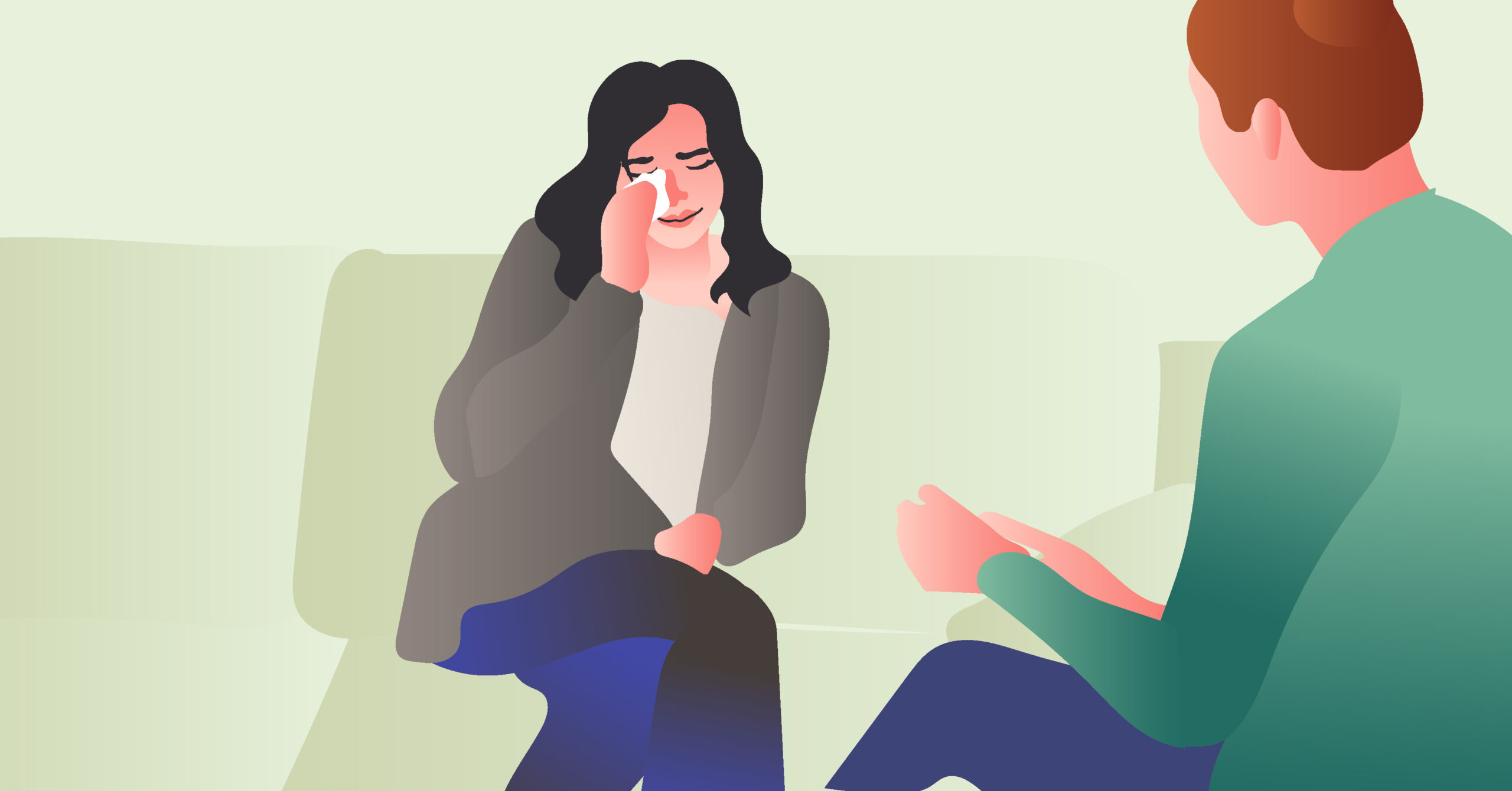
This aids you in communicating what you’re truly feeling without shame or guilt. You’re free to be yourself. From there, they advise you with actionable steps that’ll improve your state.
-
₱1,295.00
-
₱1,095.00
-
₱1,295.00
3 Consuming mild sexual content
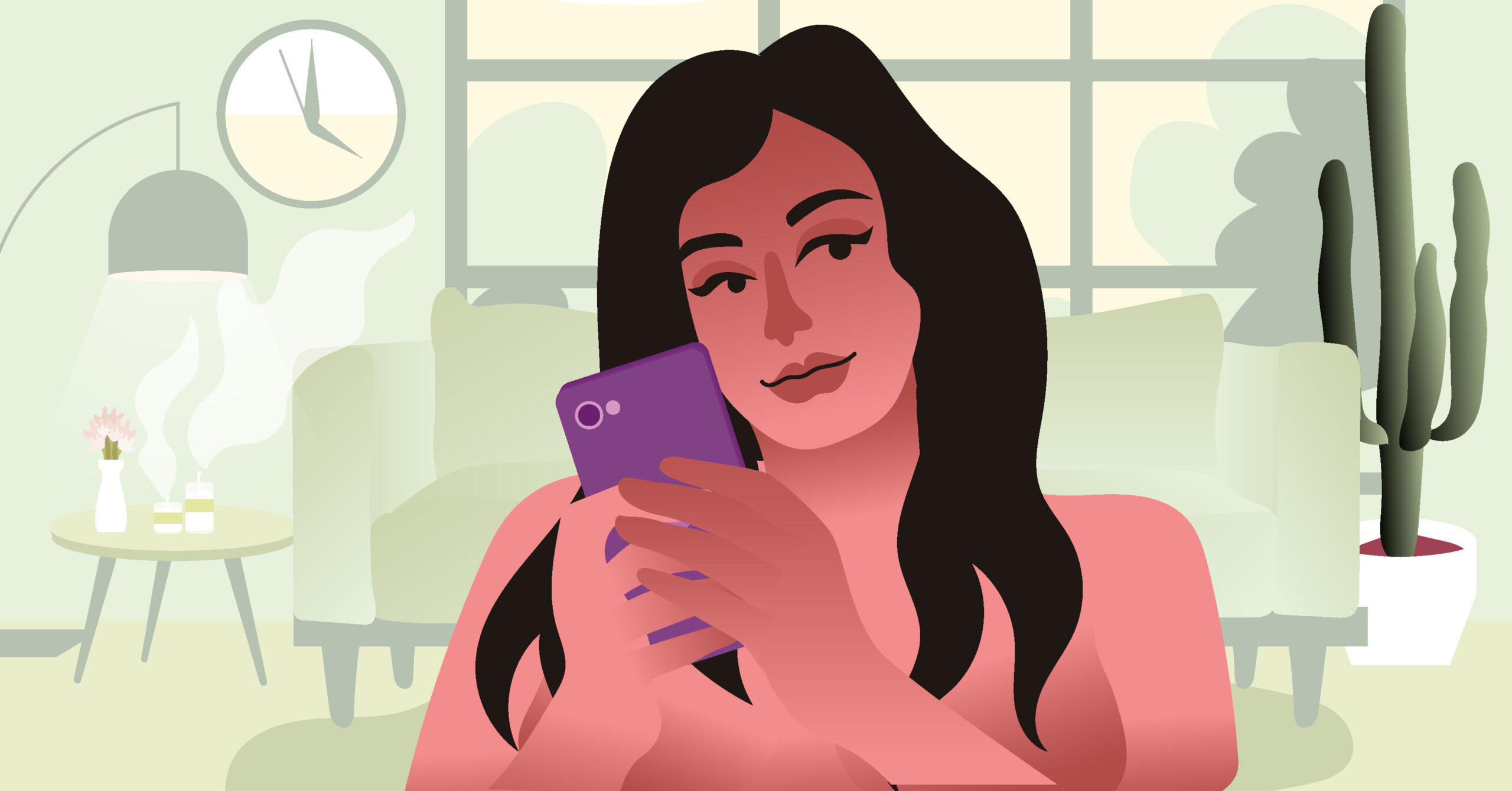
Sexual content can be through videos, audio, pictures, books, tv shows, and films. Start with something easy to watch to the eye (this may be quite subjective to the person), then slowly build it up when you get comfortable.
4 Using beginner sex toys
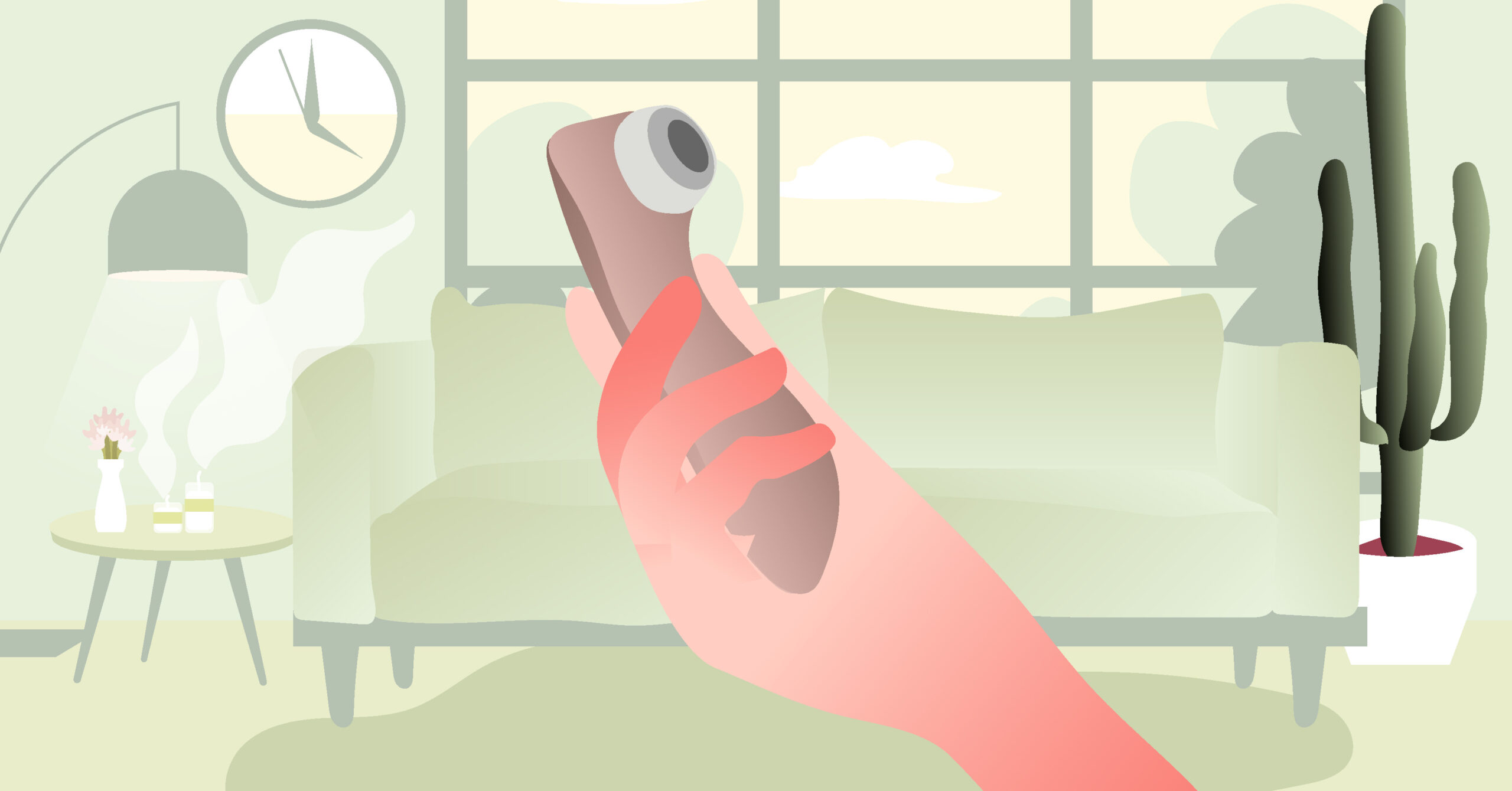
These kinds of sex toys are straight to the point, have easy functions, and won’t make things complicated or confusing. Luckily, there are a lot of beginner-friendly sex toys for both vulva owners and penis owners to choose from! Check out our online shop here to explore more sex toy options for you.
-
₱2,695.00
-
₱2,695.00
-
₱2,695.00
-
₱9,000.00
5 Doing Kegel Exercises
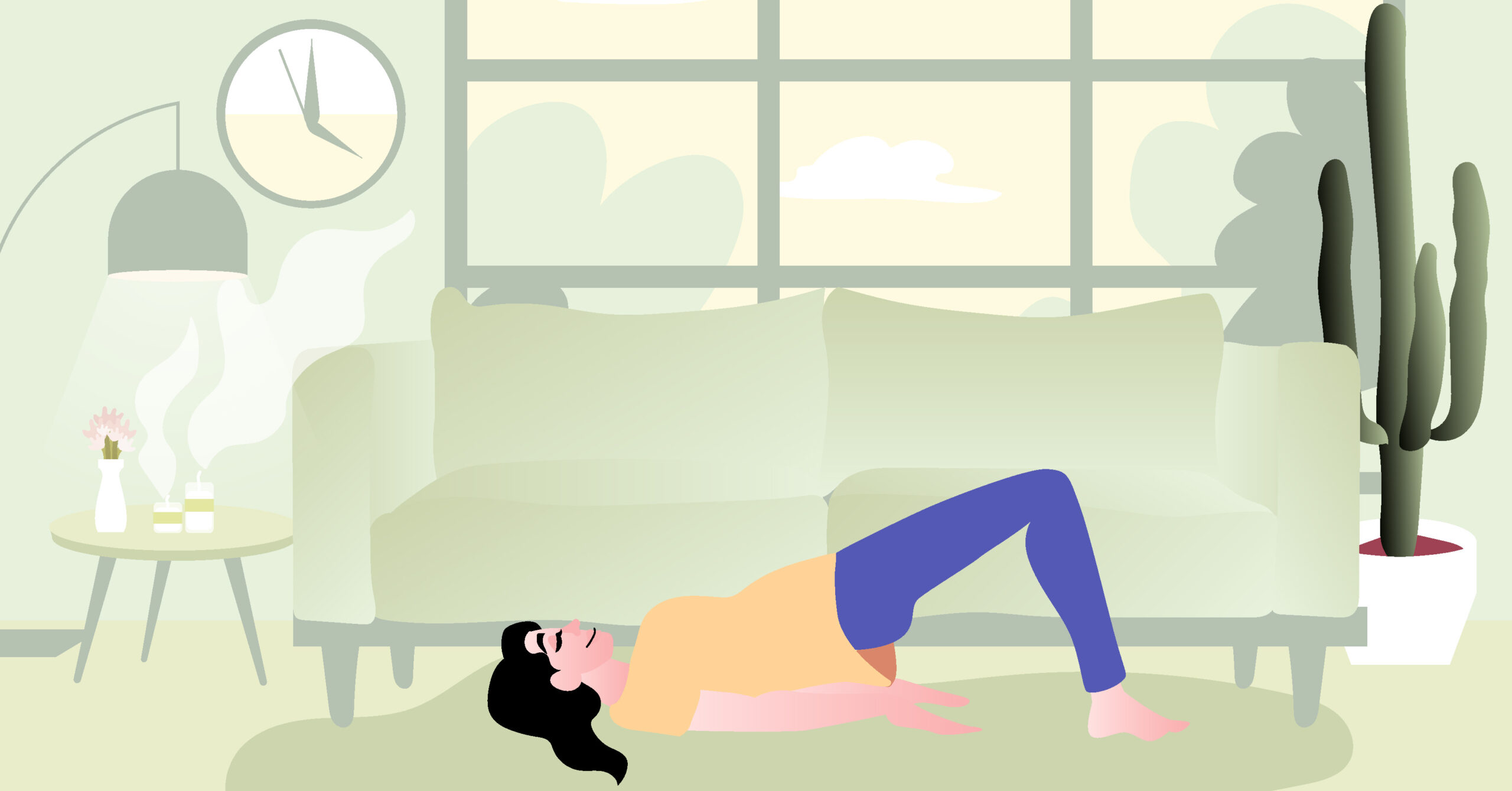
Kegel exercises improve blood flow and sensations in the pelvic floor and genitals. You can also do them with kegel balls.
6 Limiting or stopping your vices
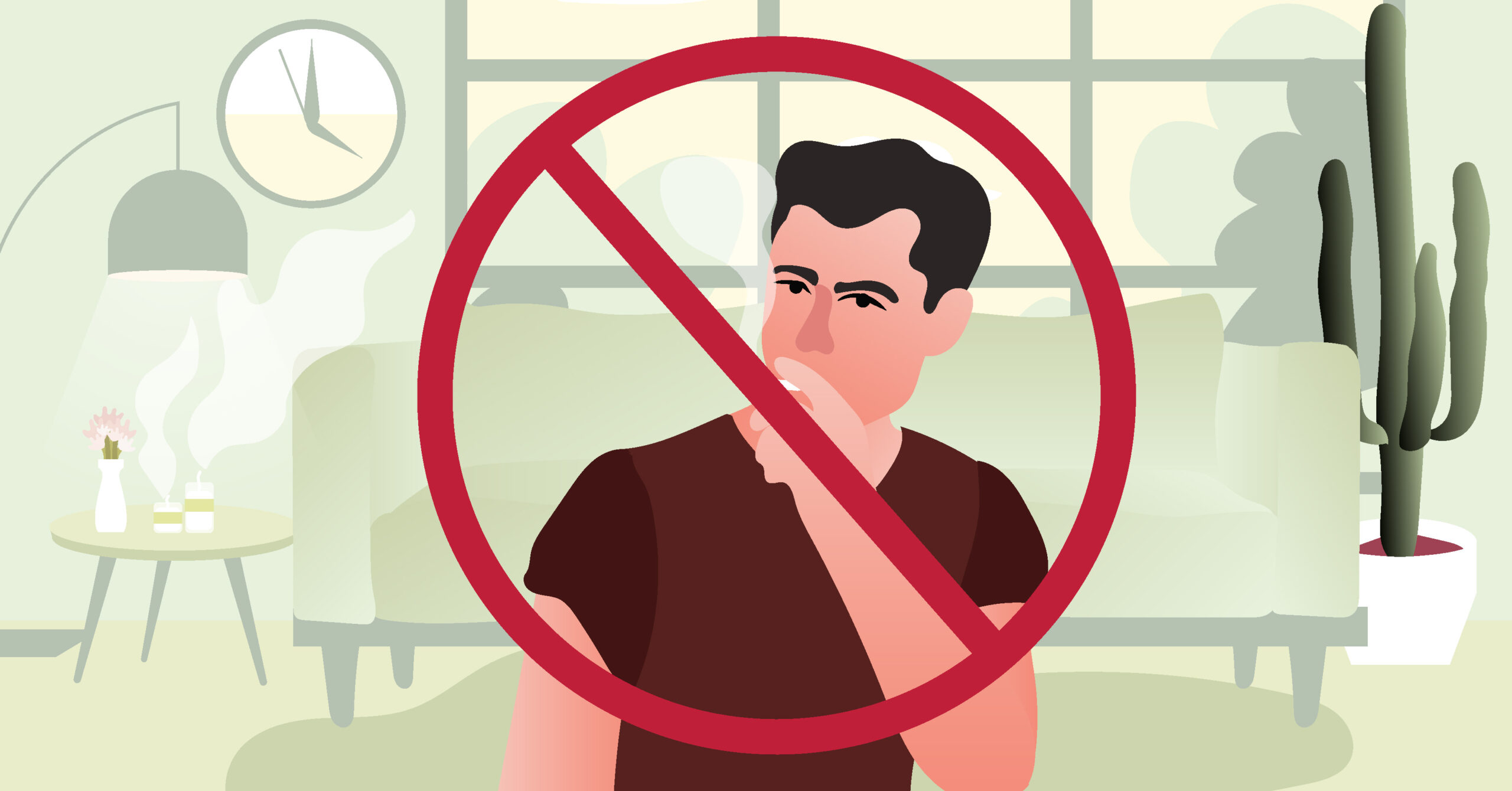
Vices like drinking, smoking, and drugs weaken your overall well-being, including your sexual side. Limiting or completely halting them can improve your immunity and quality of life.
-
₱4,745.00
-
₱4,745.00
-
₱4,745.00
-
₱5,395.00
7 Engaging in stress reduction methods
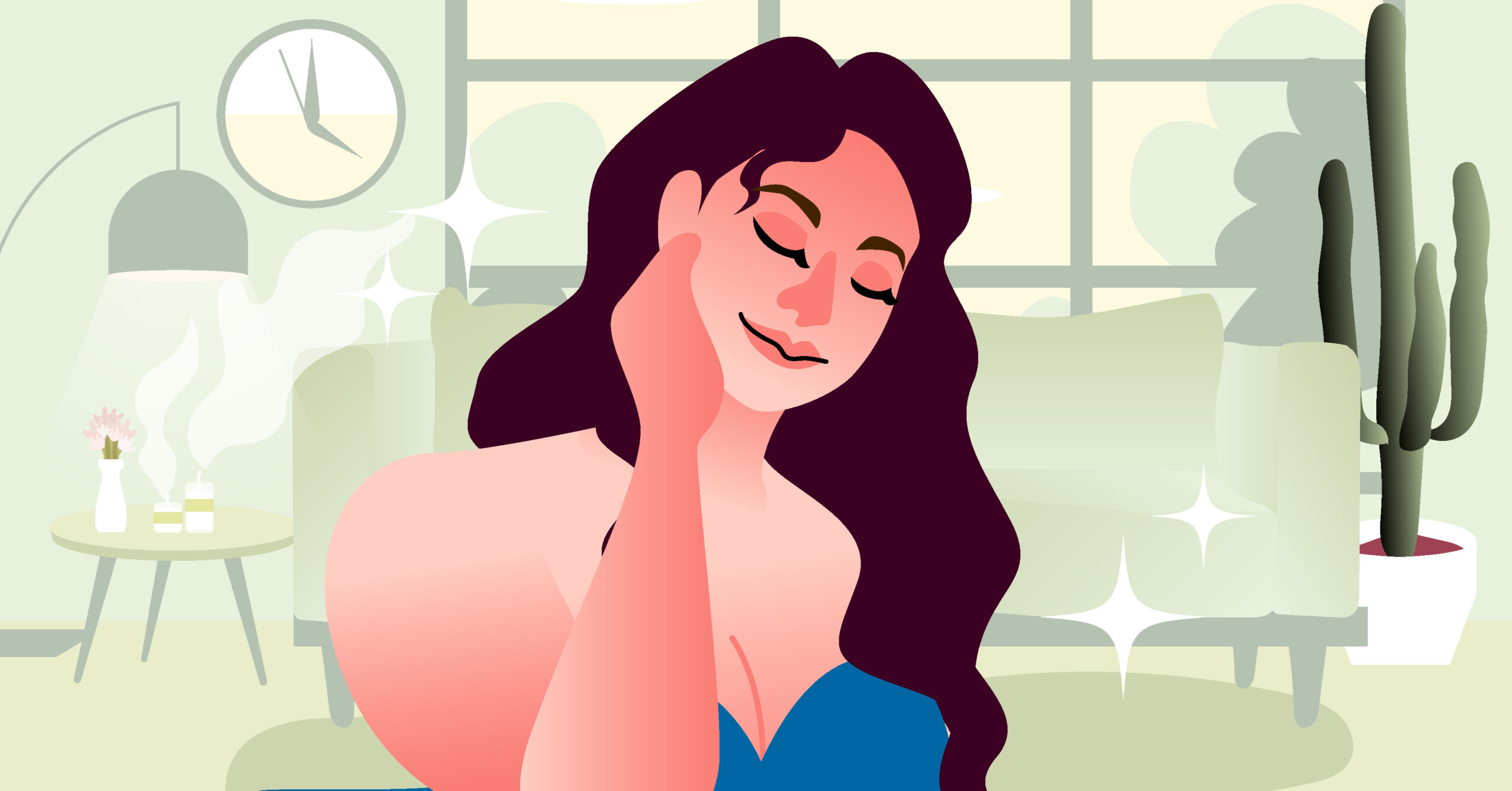
Stress reduction methods release tension and nerves all over the body and mind, bringing about a calming state. Examples of such methods include meditation, journaling, and stretching.
8 Setting a proper sleeping schedule
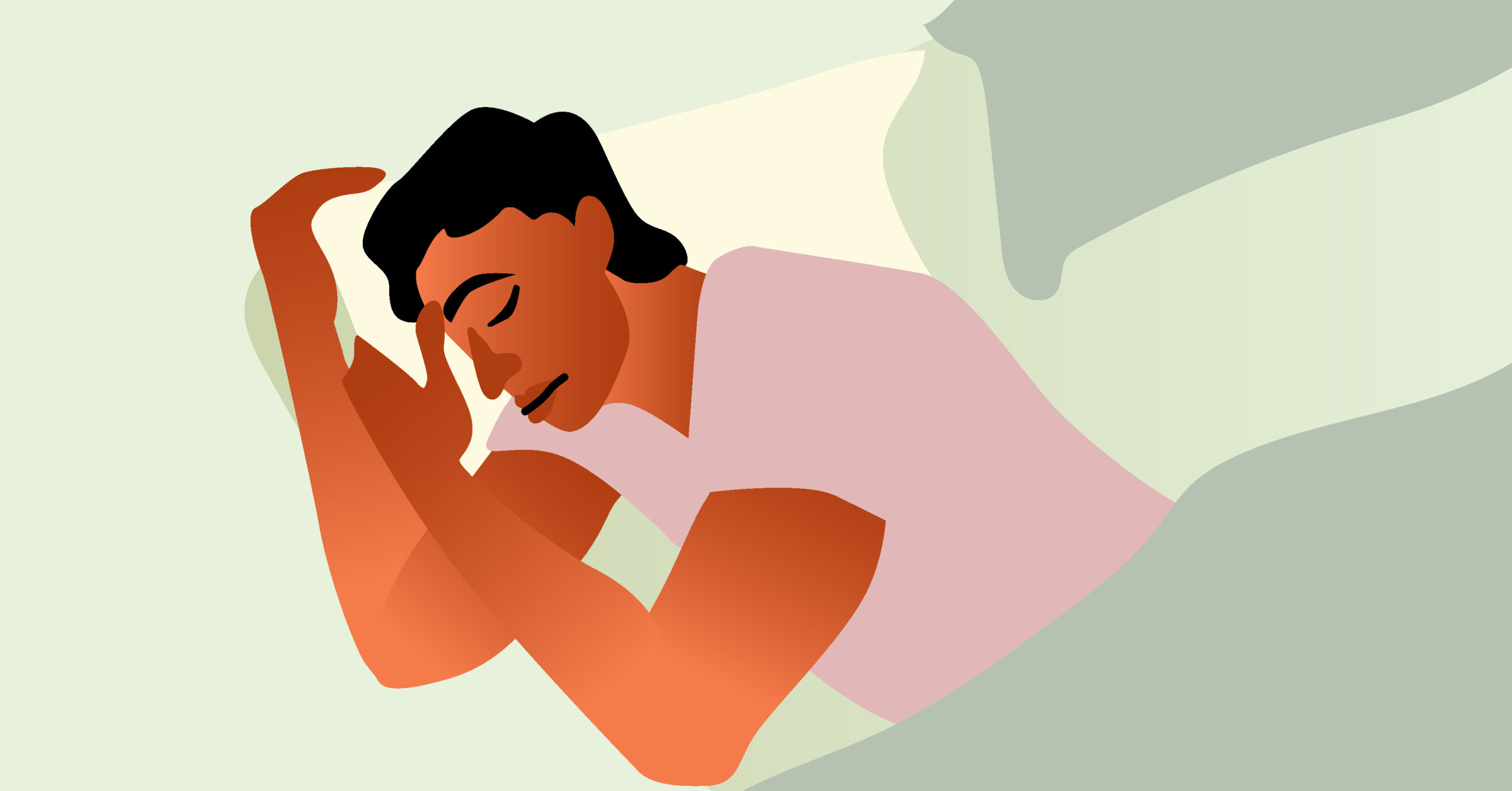
More sleep, less exhaustion. Less exhaustion, more time to engage in sex.
9 Engaging in regular exercise
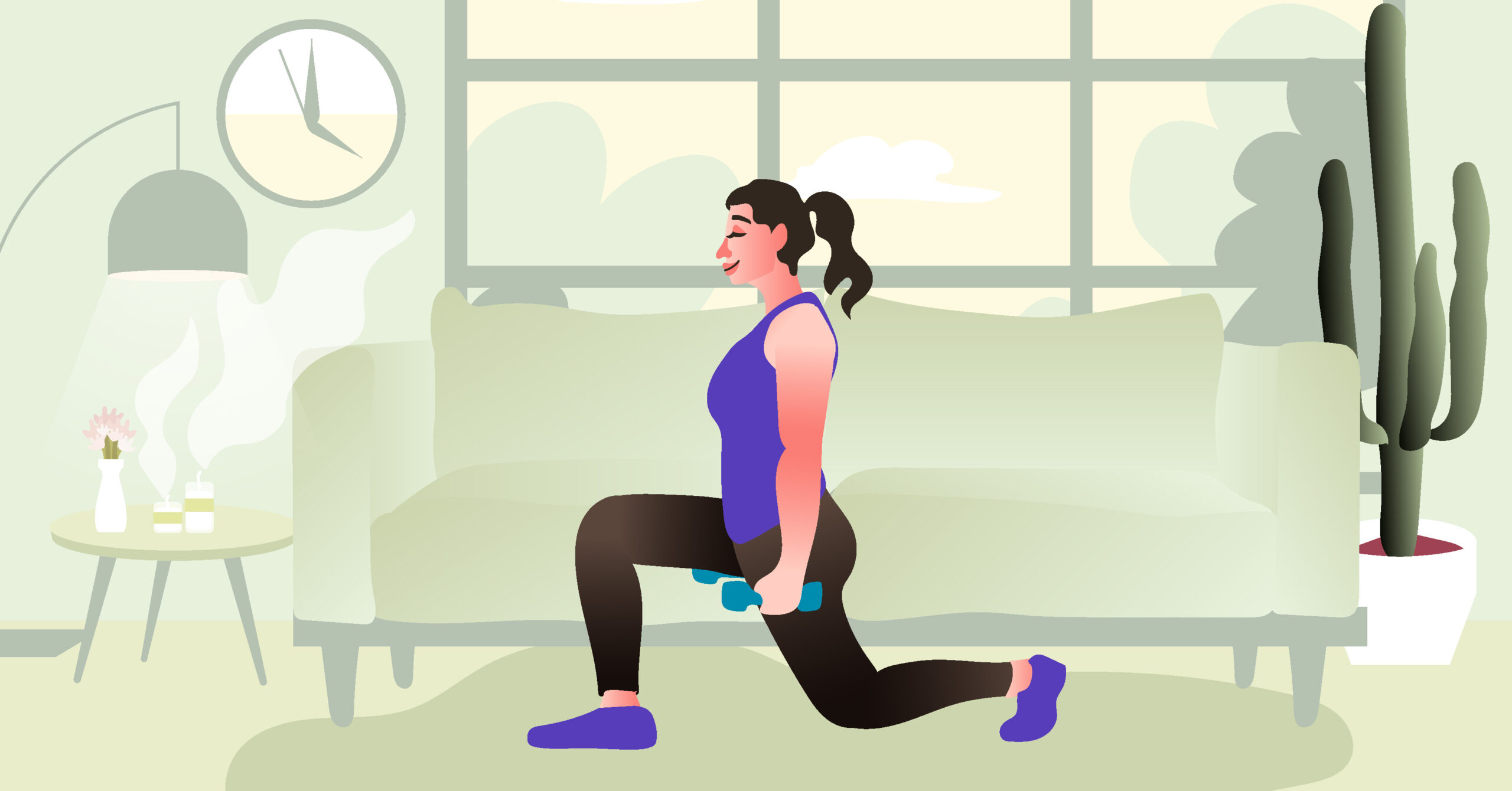
Exercising can improve your mood and stamina. The latter is especially important when you want to have an active lifestyle and avoid any depletions, such as lack of sexual desire.
10 Communicating with your partner about your sexual interests and disinterests
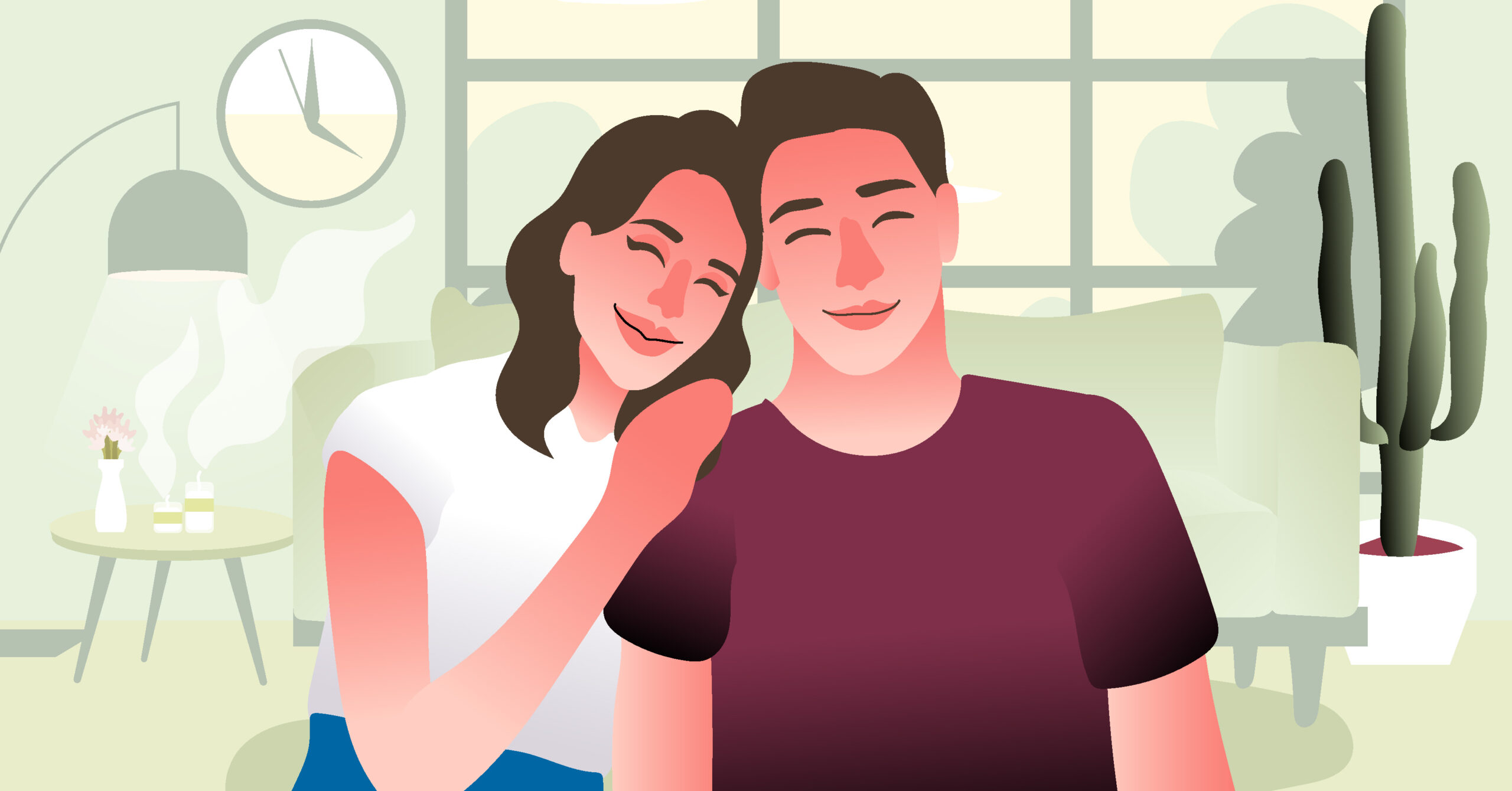
It’s important to voice out whatever it is you’re feeling to your partner as it displays honesty and transparency. In relation to Hypoactive Sexual Desire Disorder, it helps to discuss with your partner about your various sexual likes and dislikes. That way, you’re both always on the same page and can find ways to increase your sexual desire.
At the same time, you can open up any instances where your libido is low and how it takes a toll on you. From there, you both can find ways to solve it and potentially avoid Hypoactive Sexual Desire Disorder.
-
₱150.00
-
₱150.00
-
₱150.00
-
₱150.00
Takeaway
Hypoactive Sexual Desire Disorder emphasizes having little to no sexual desire due to a multitude of reasons. Due to this, it can heavily affect your mental health and sexual relationships/s. Plus, it can happen to anyone.
However, it can be treated and diagnosed early on when you notice any of the possible symptoms we mentioned above. And just like any other condition, leaving it untreated for a long period of time can worsen your well-being and make recovery more difficult. Thus, it’s important to take action right away once you spot it.
And with that, we hope this guide has helped clarify this condition and educate readers about the vast world of sexual health!


